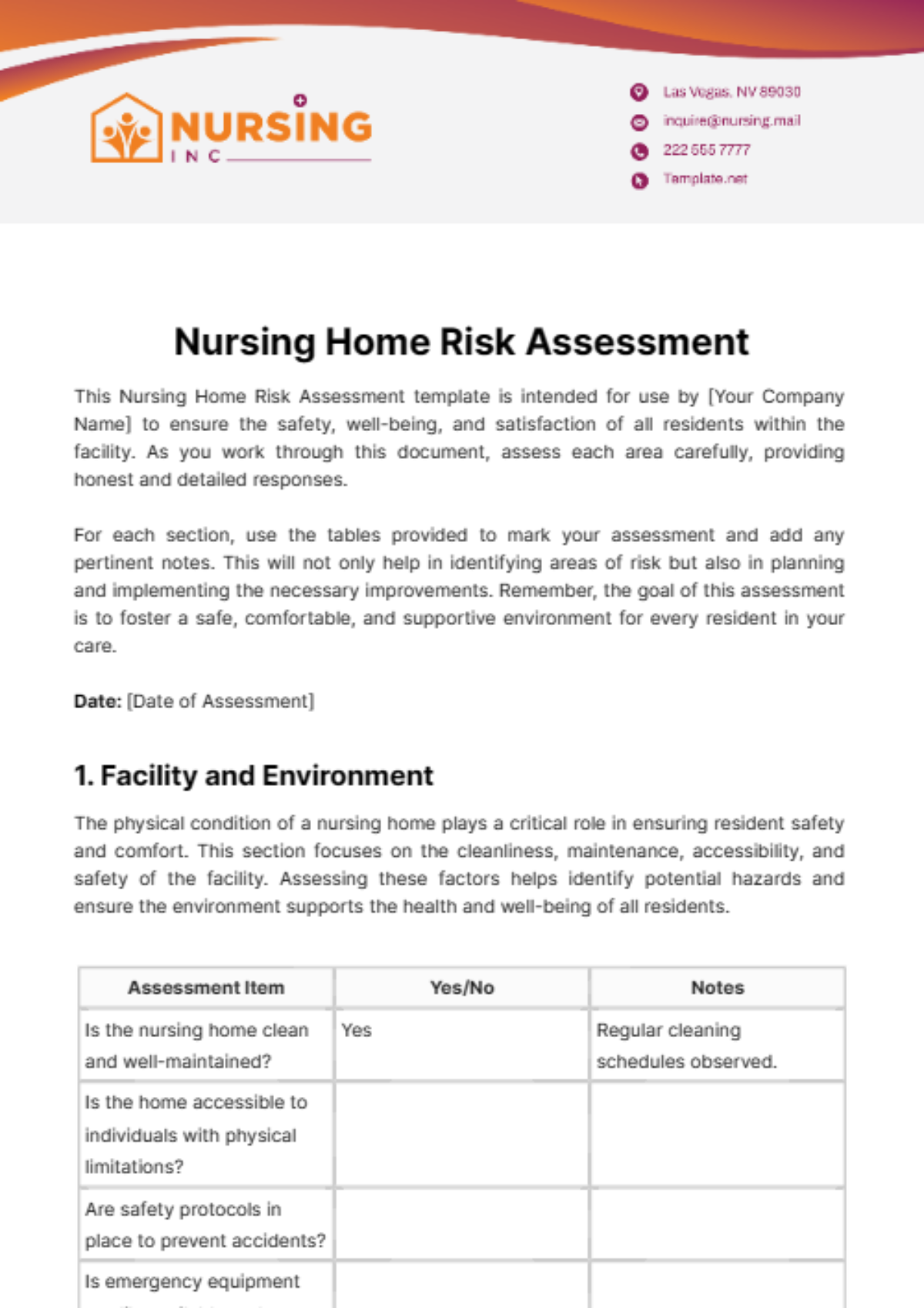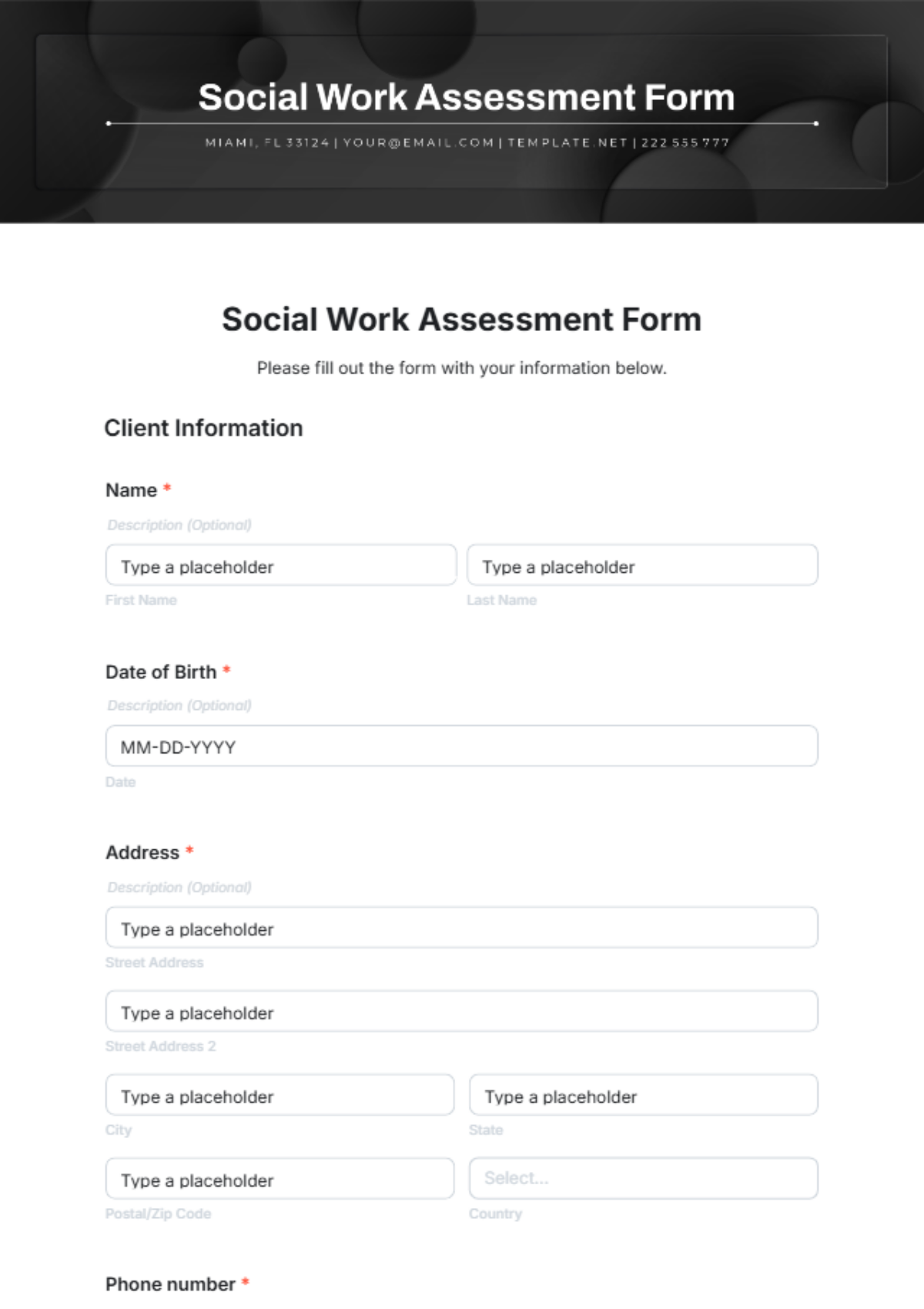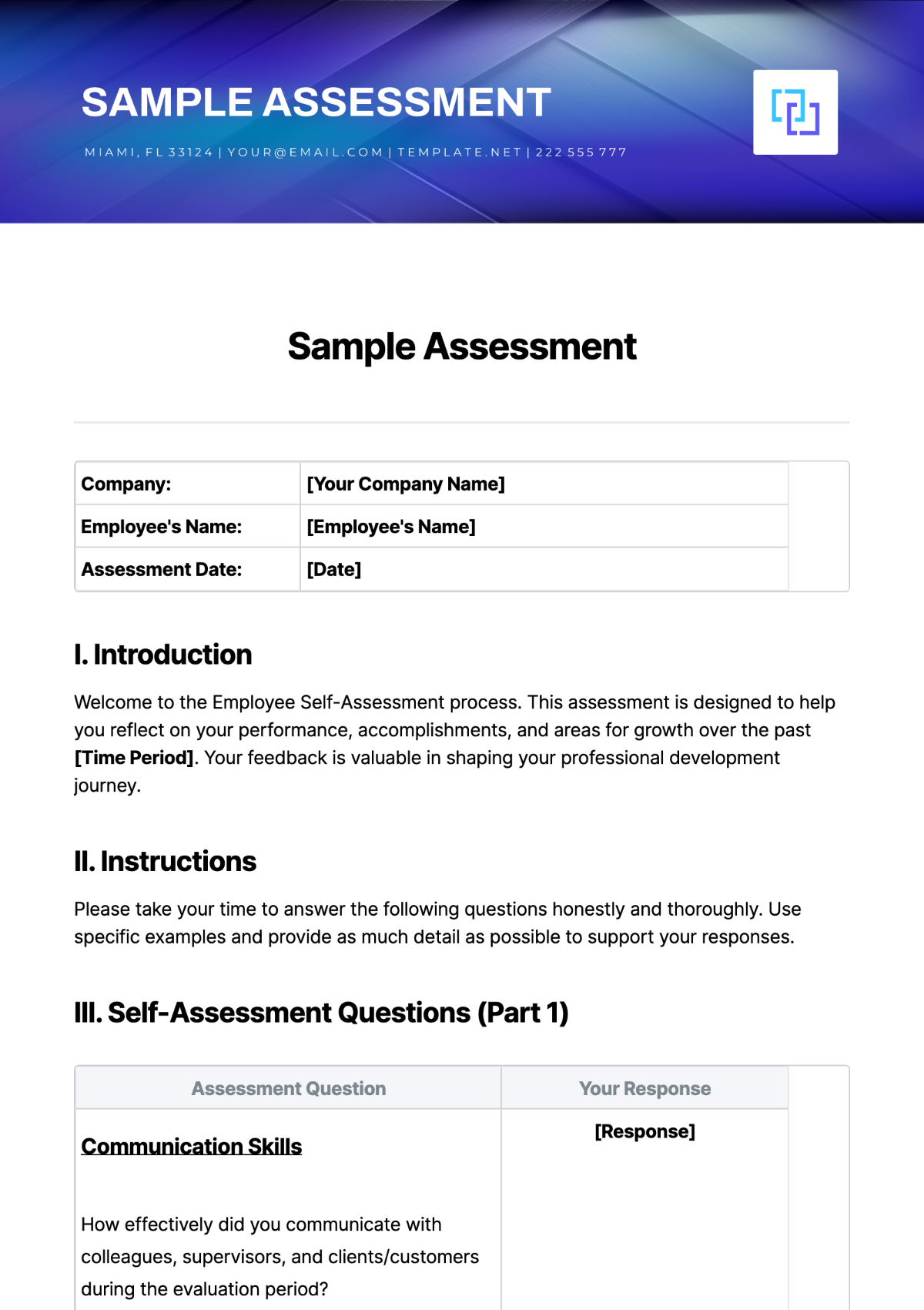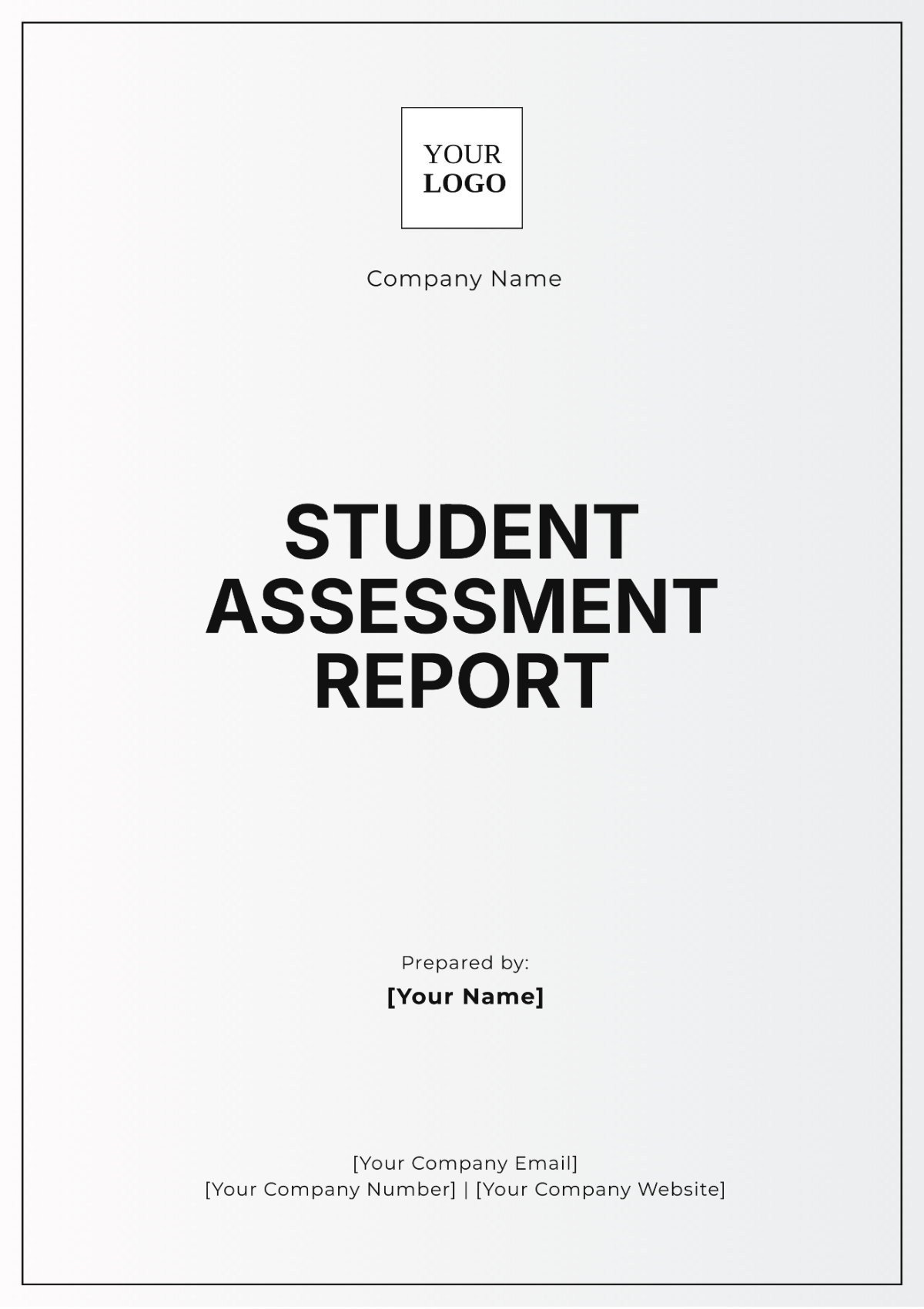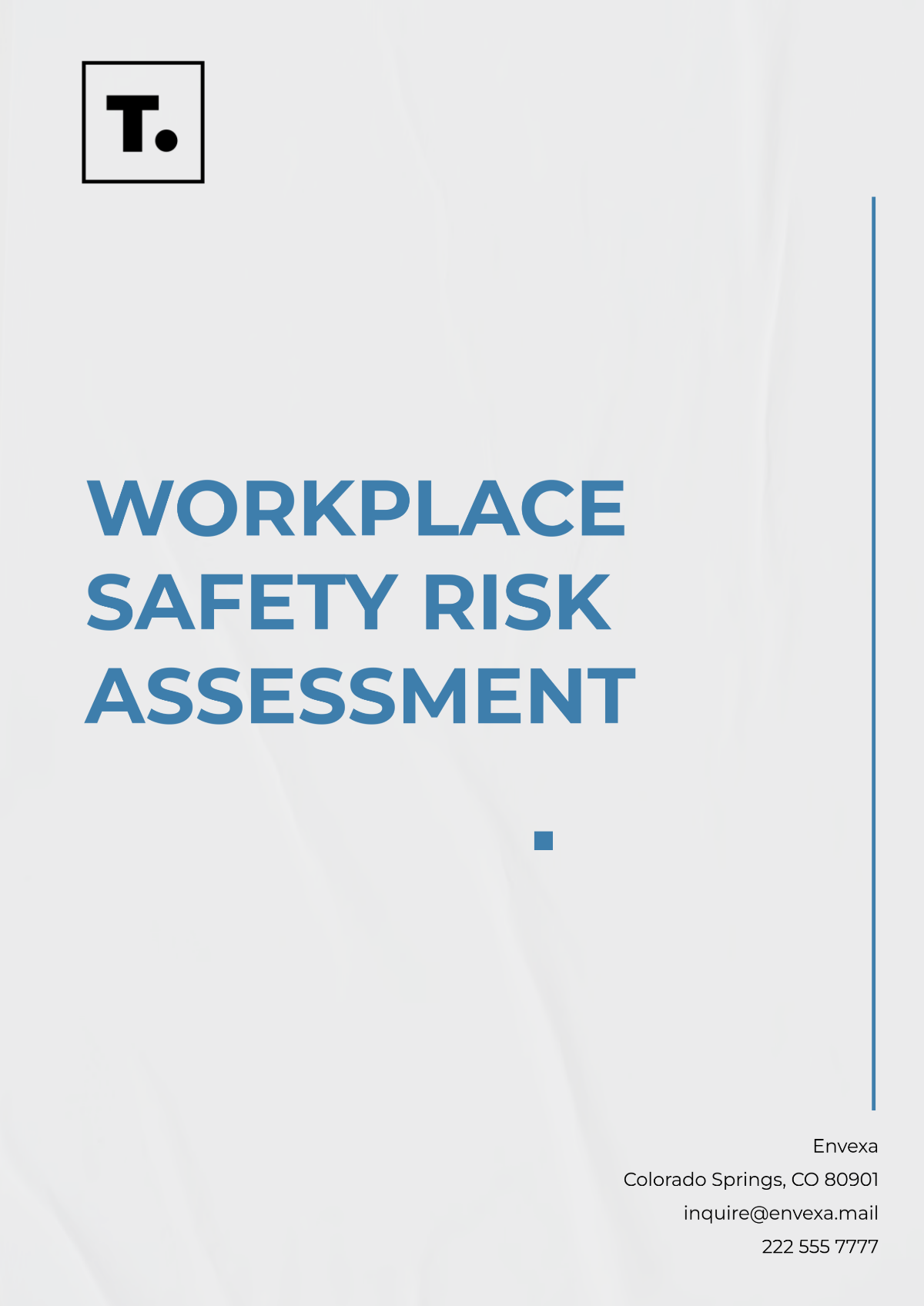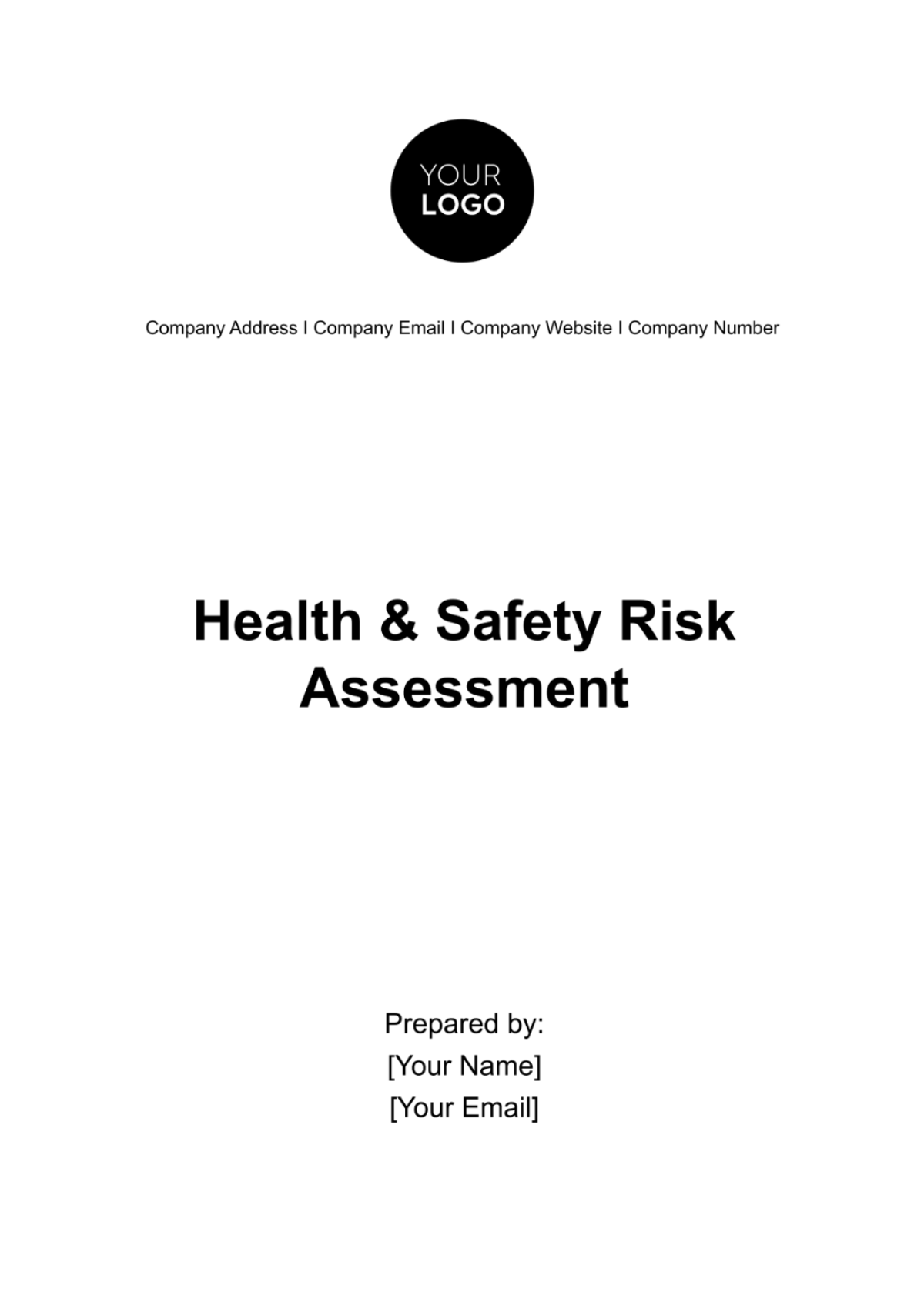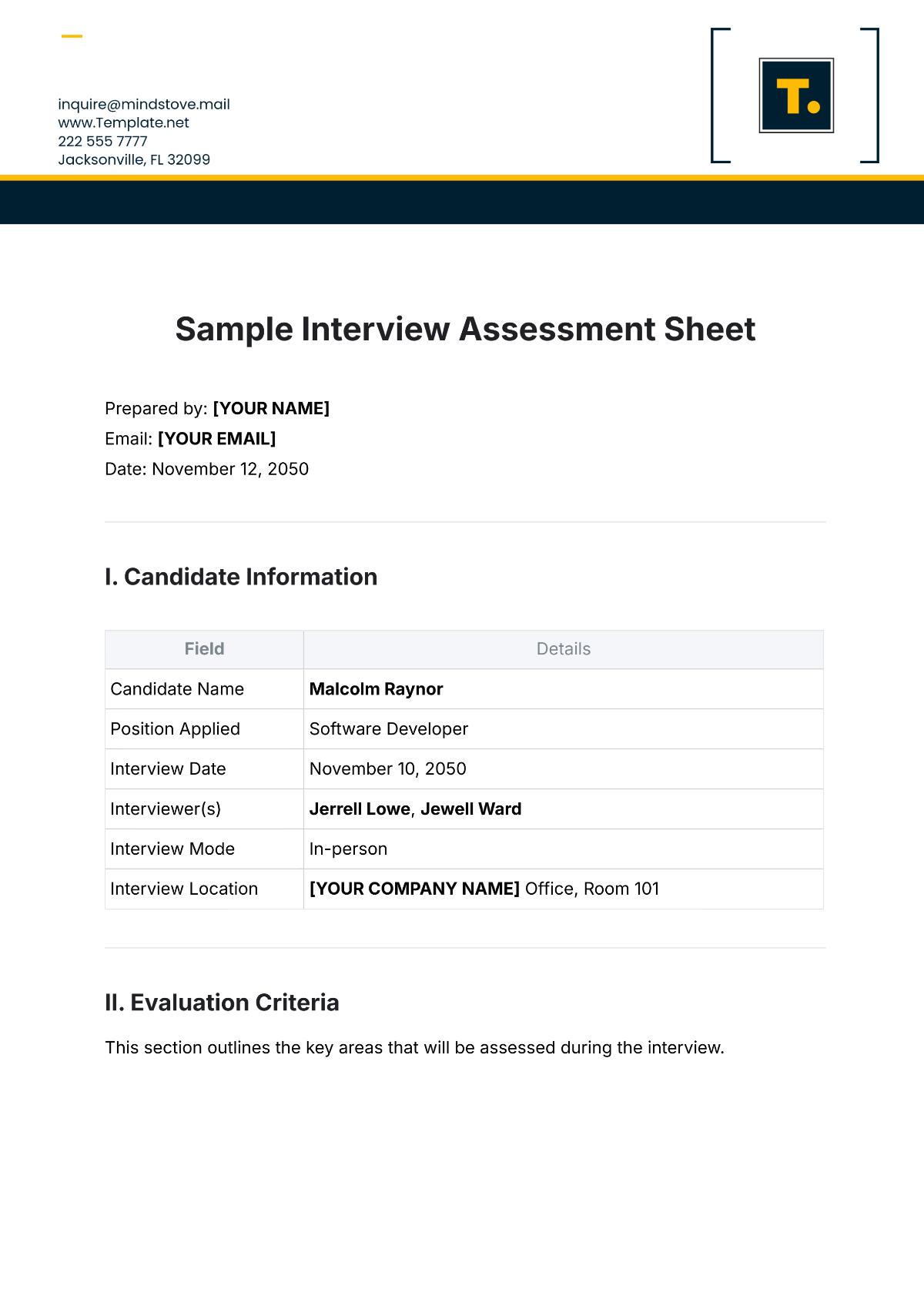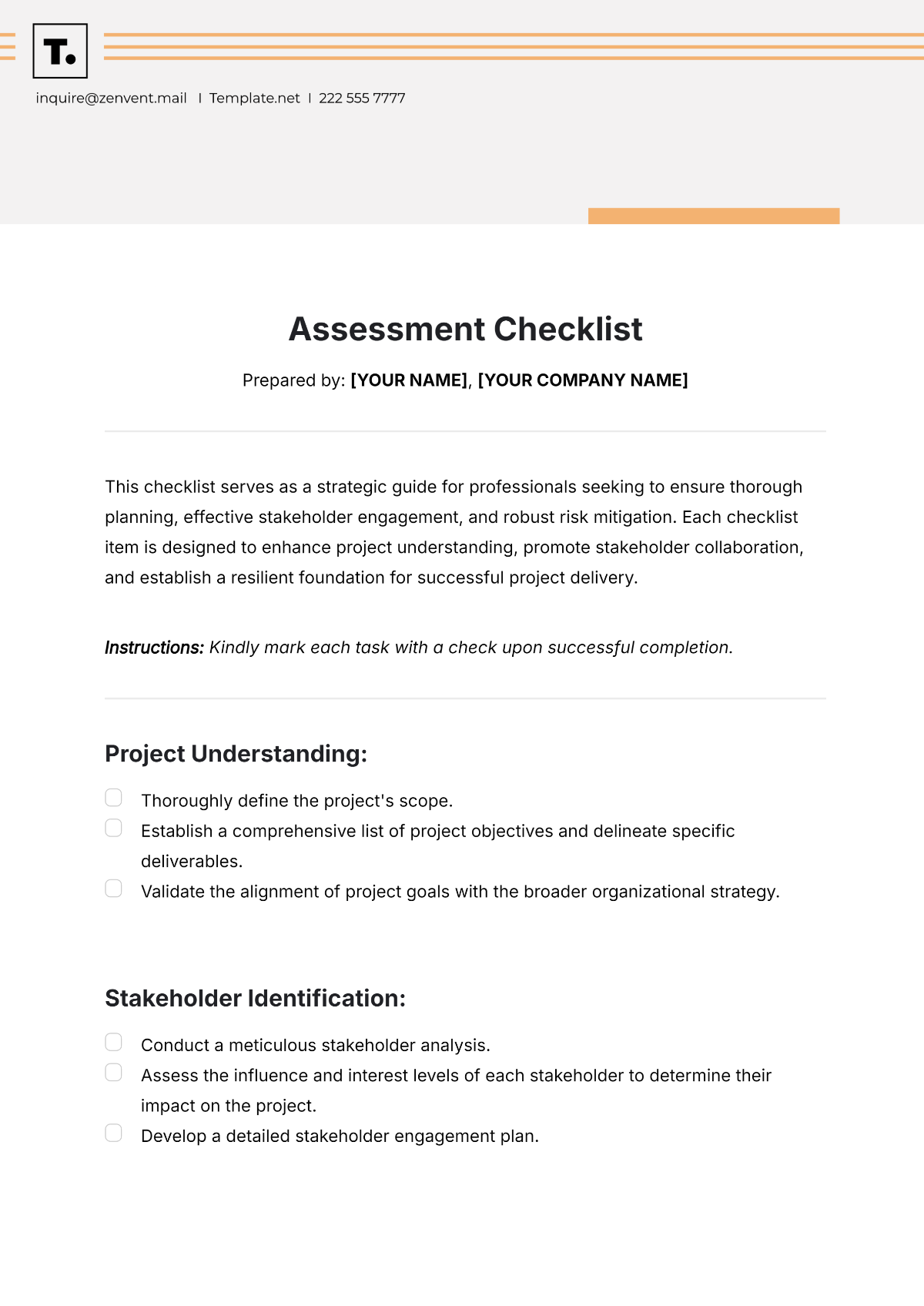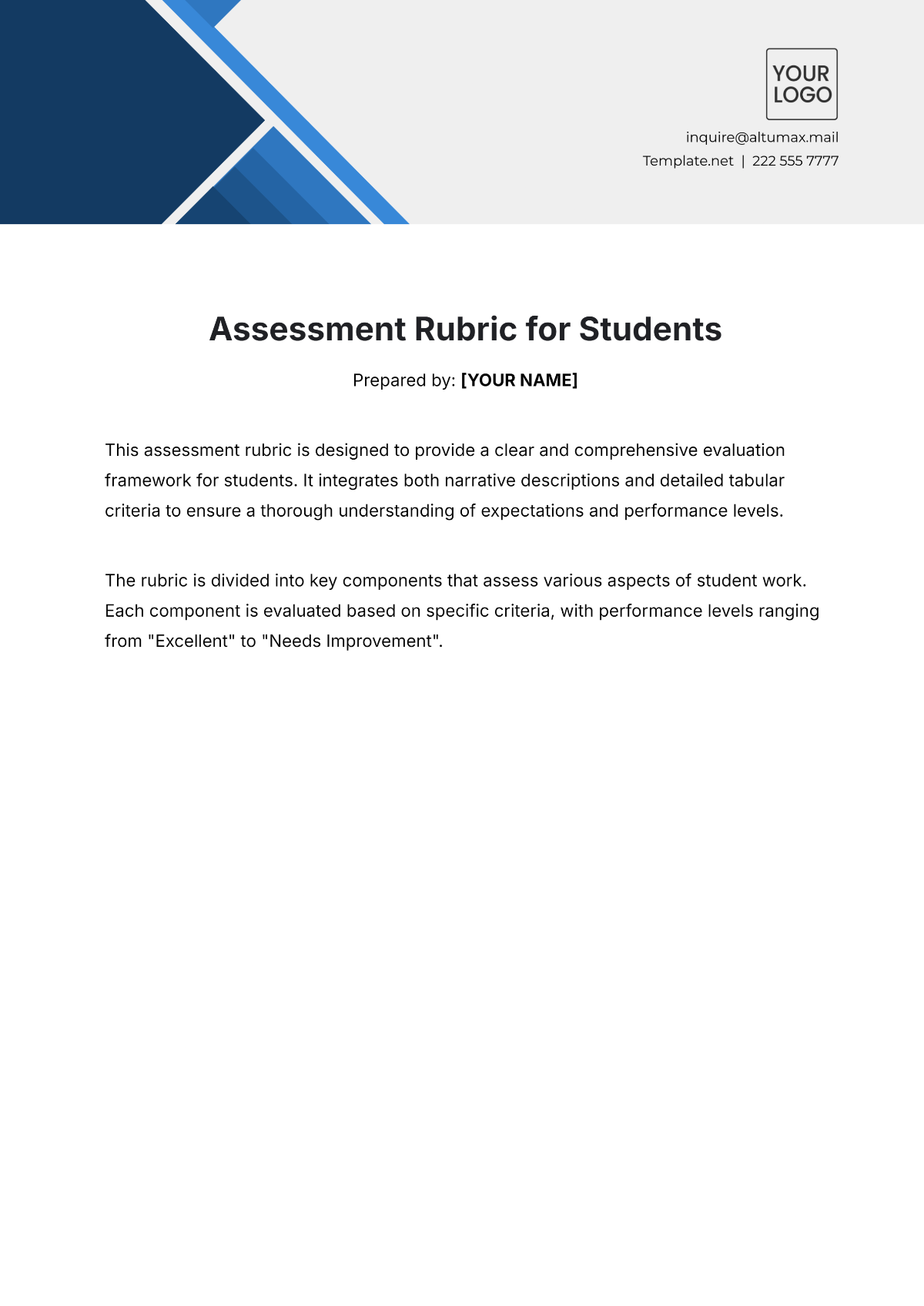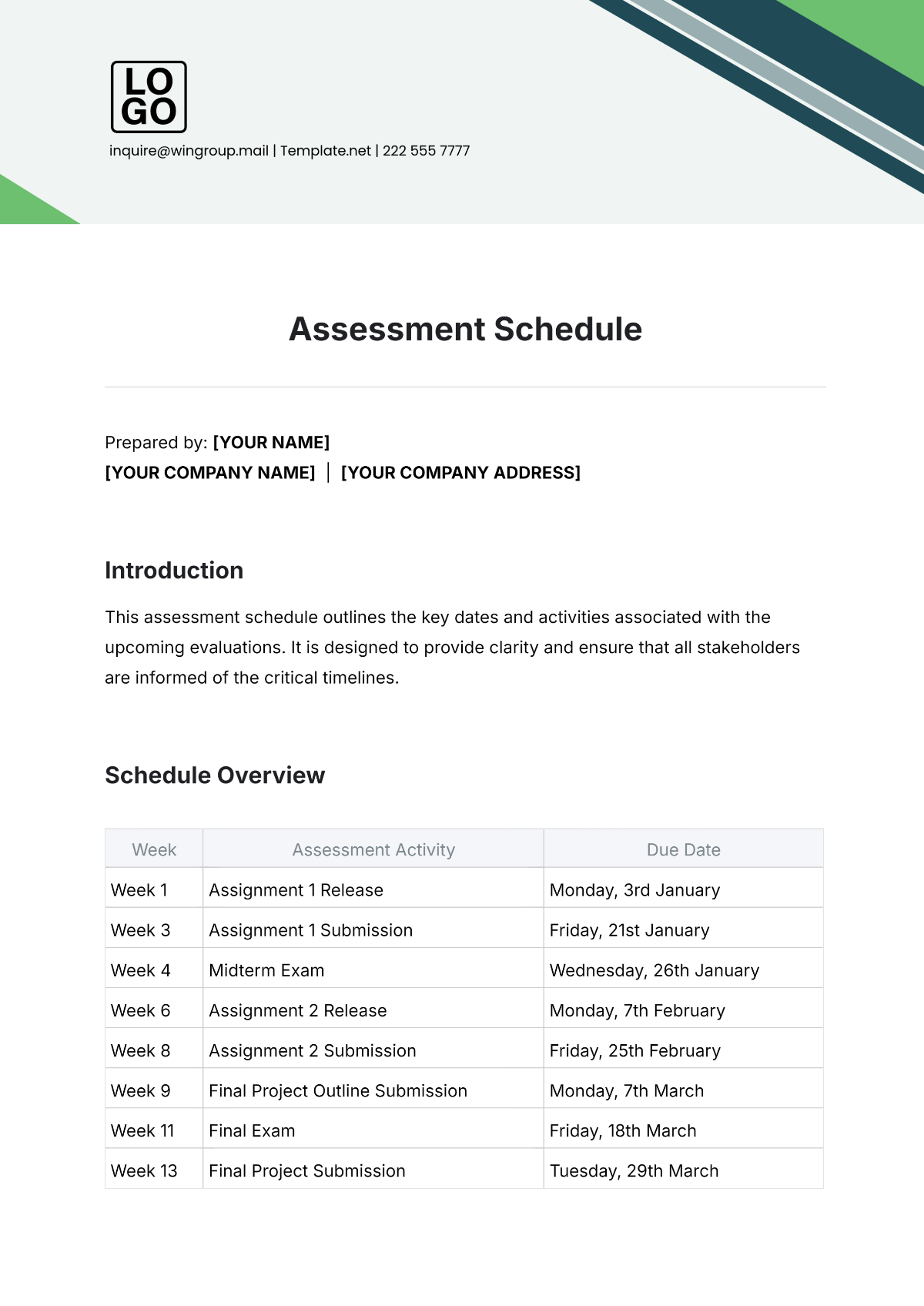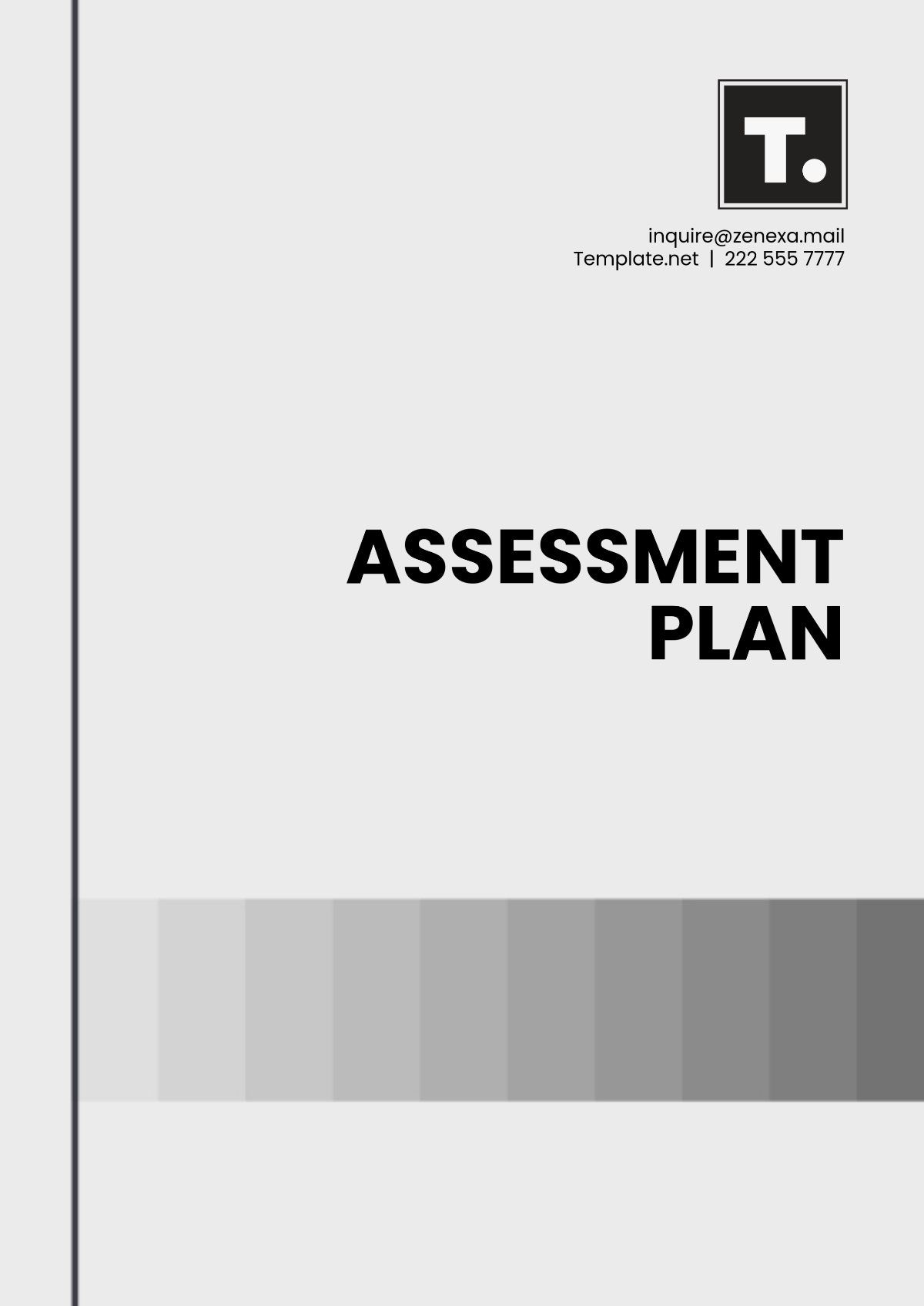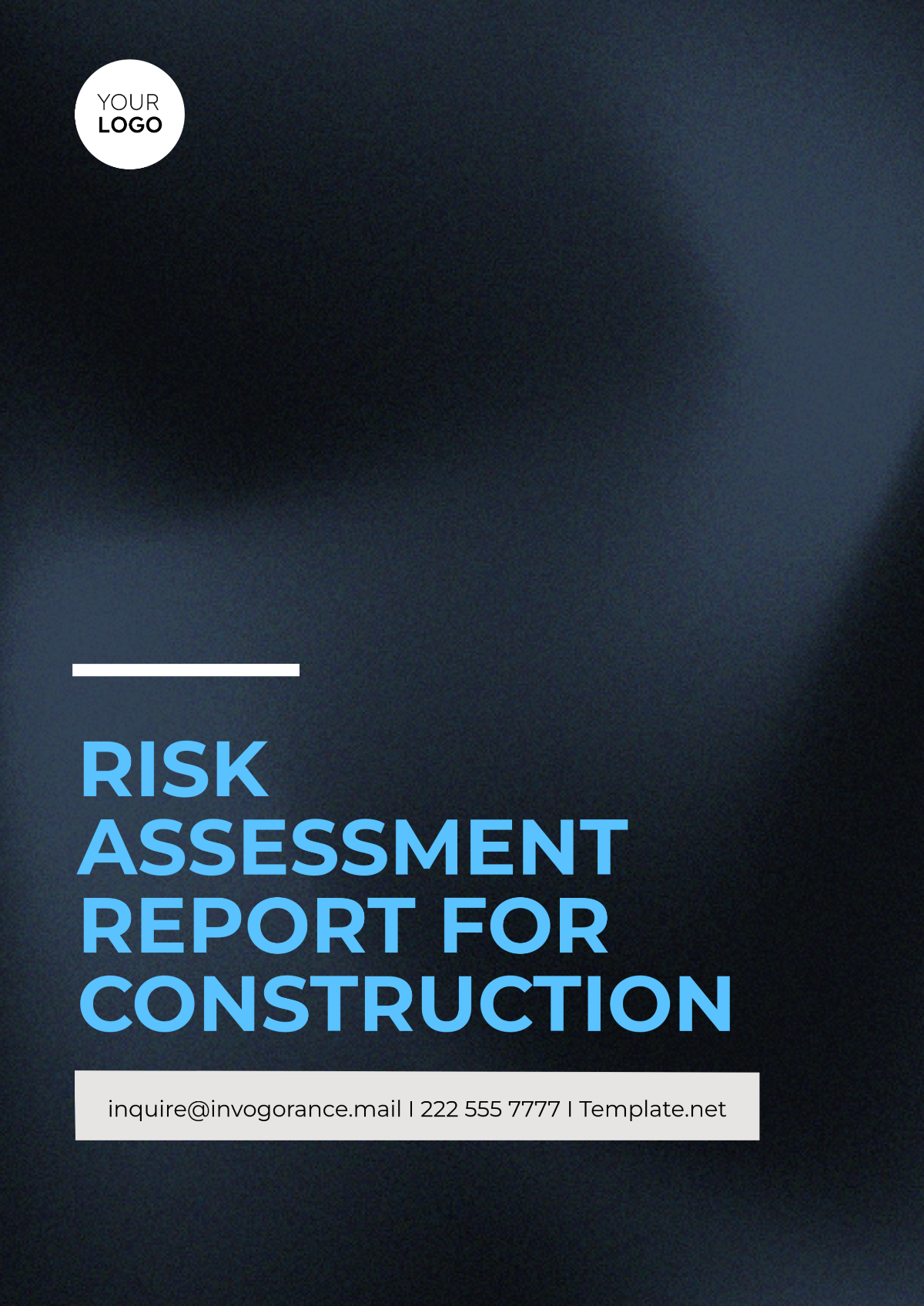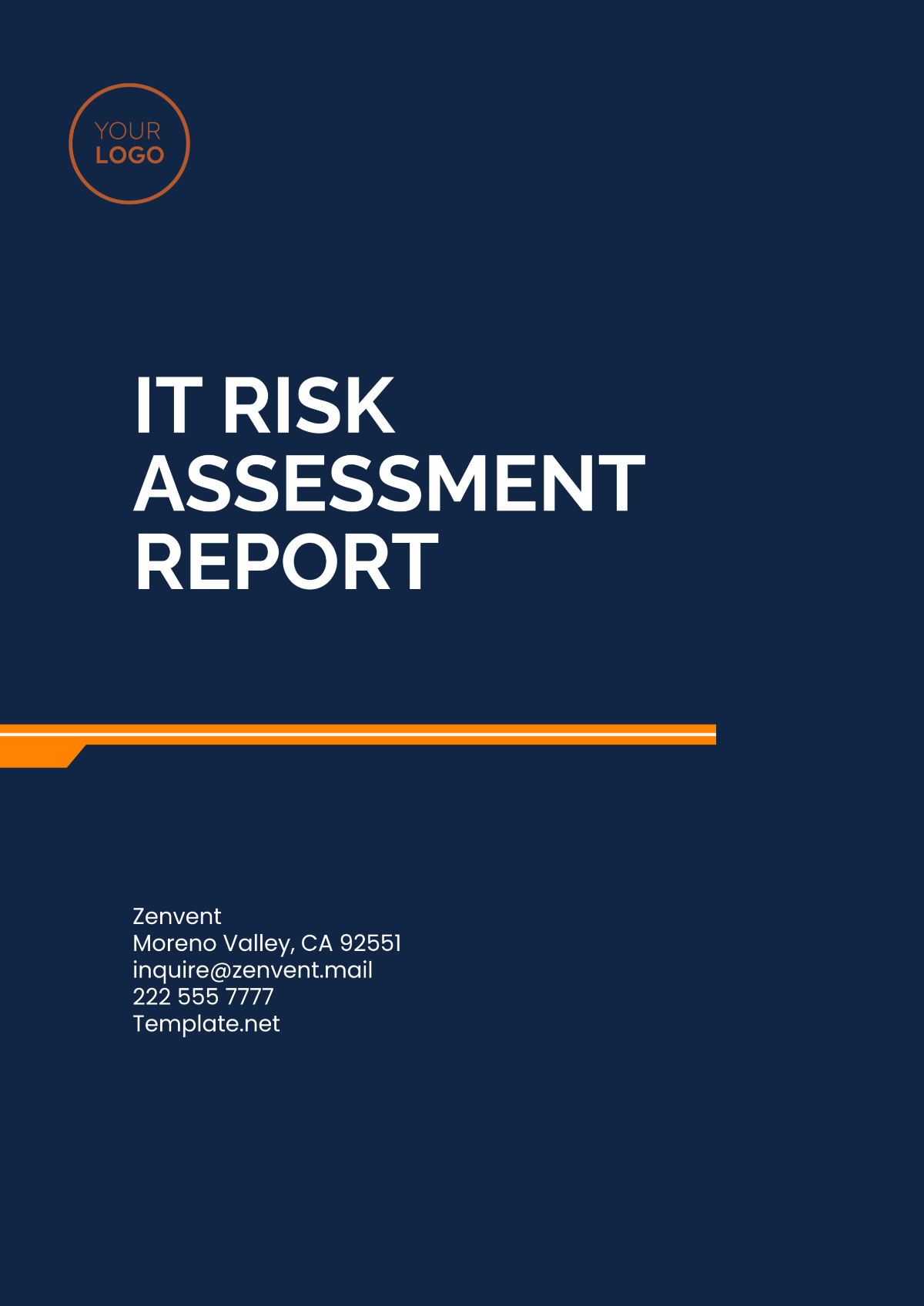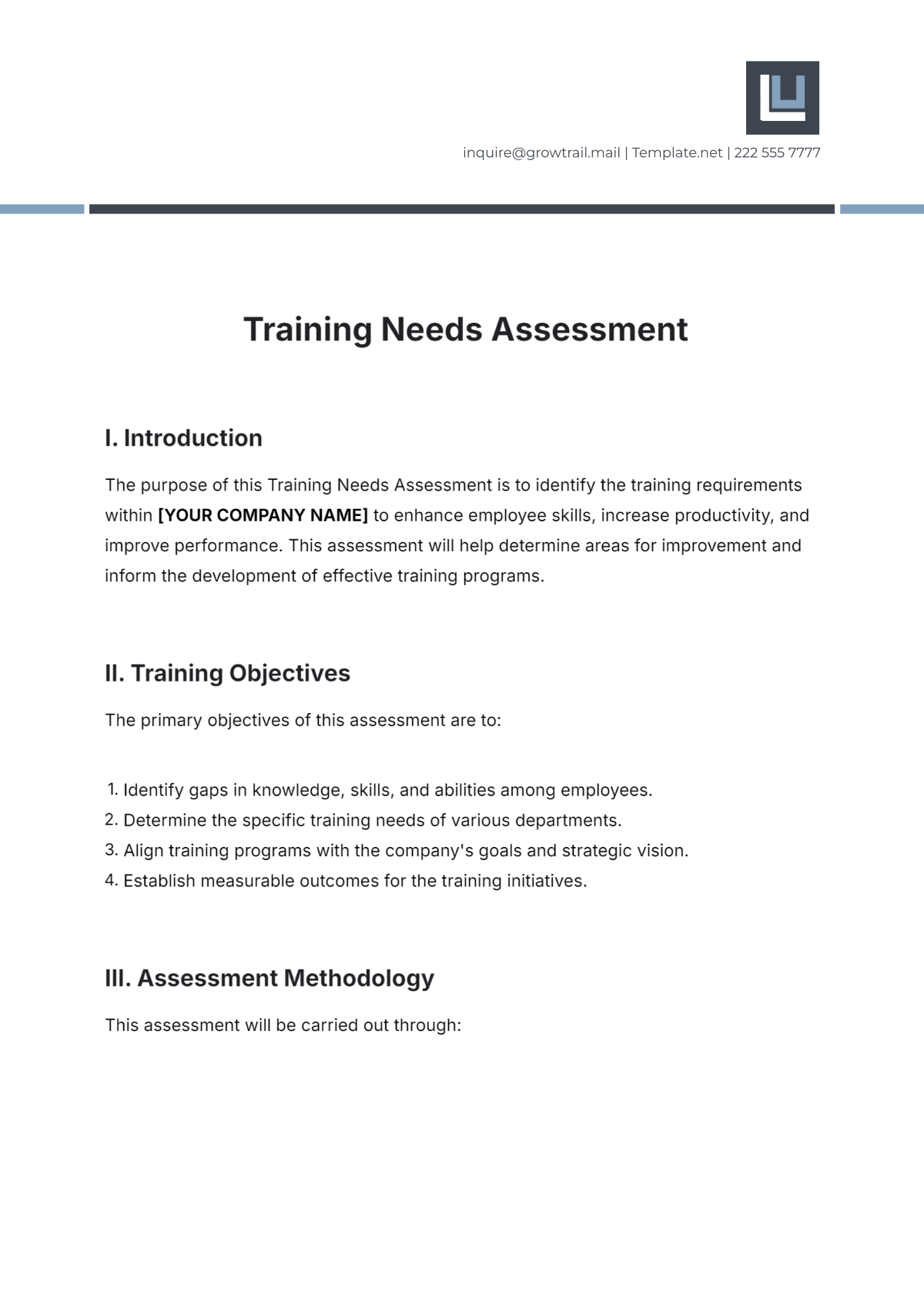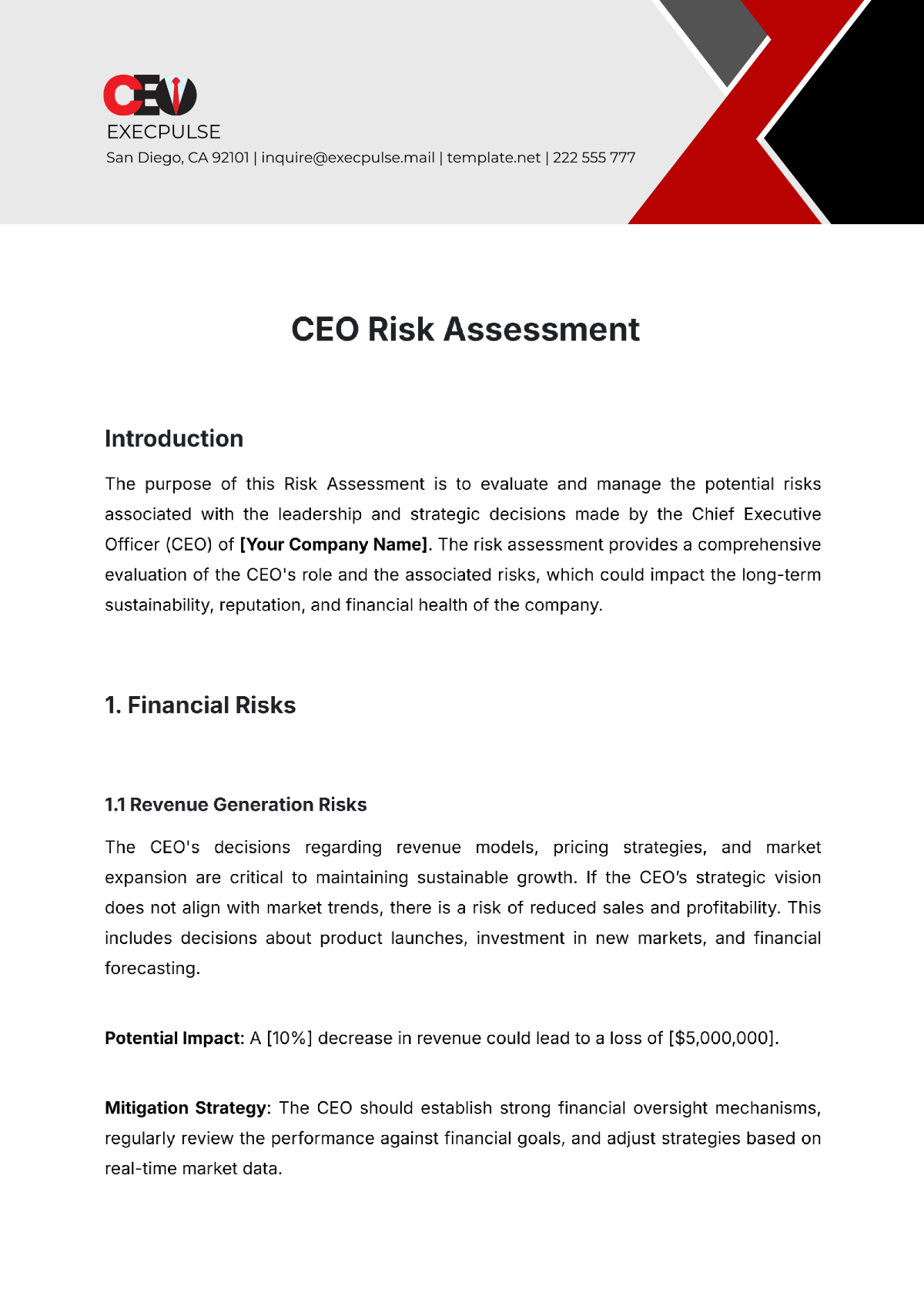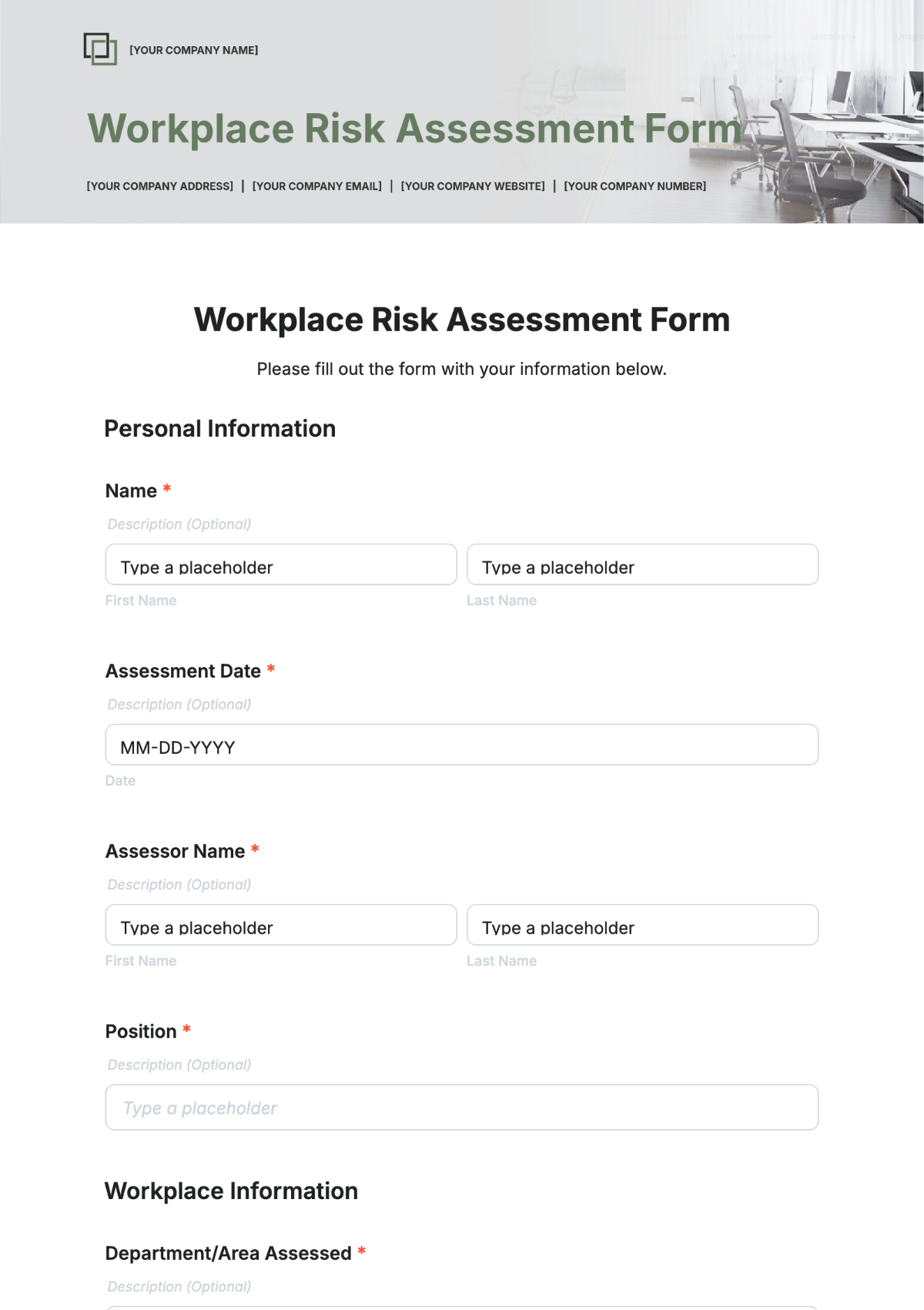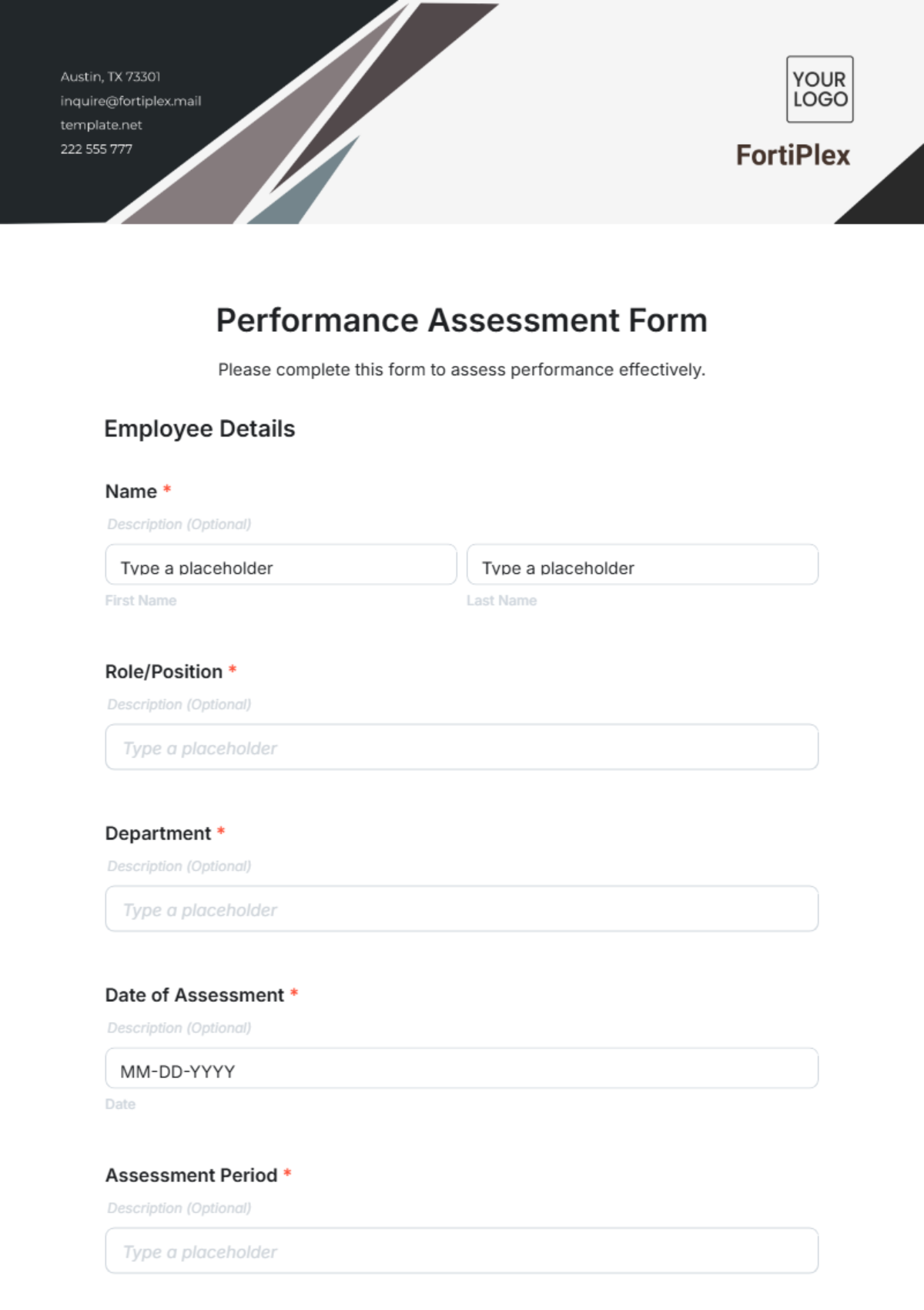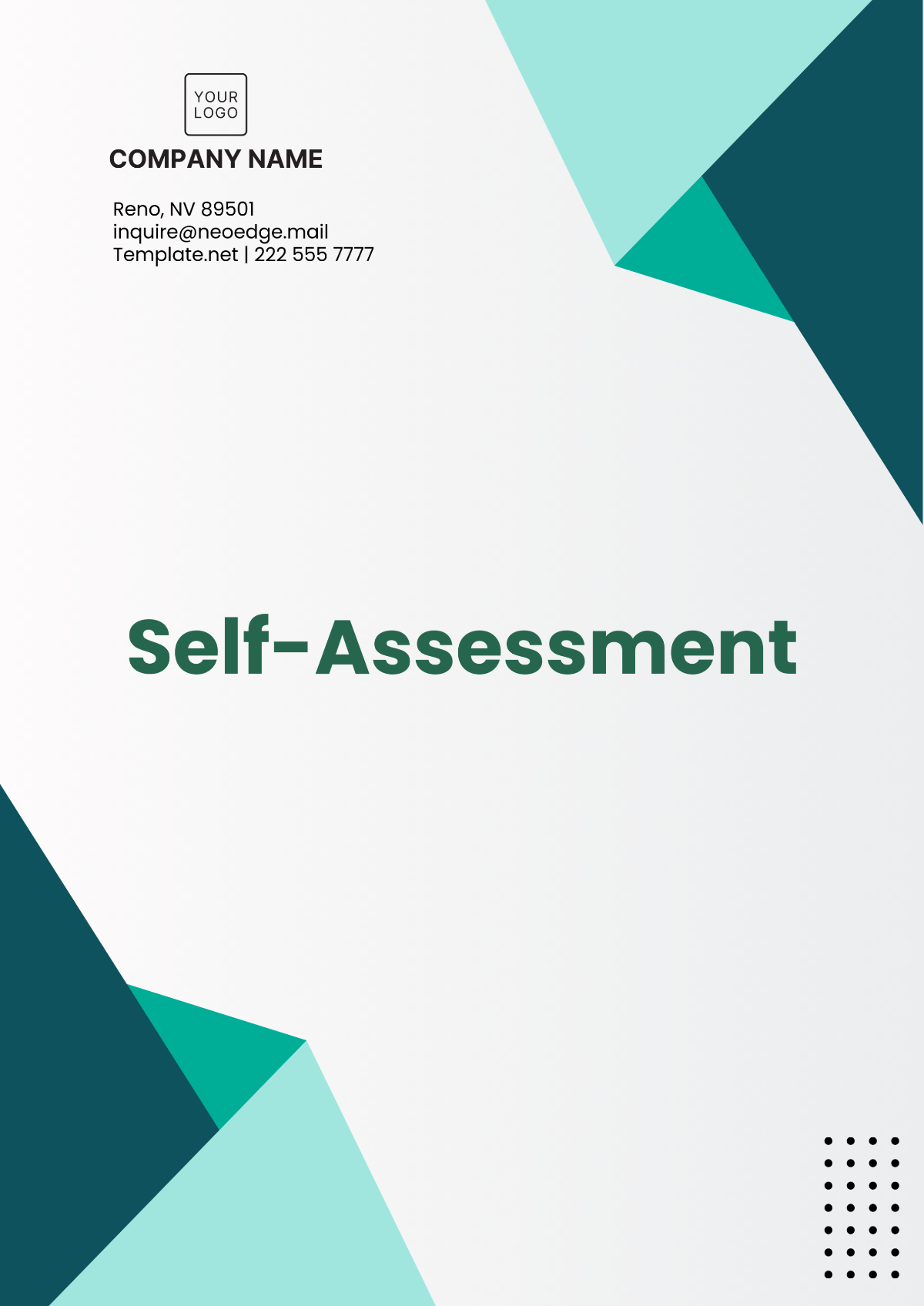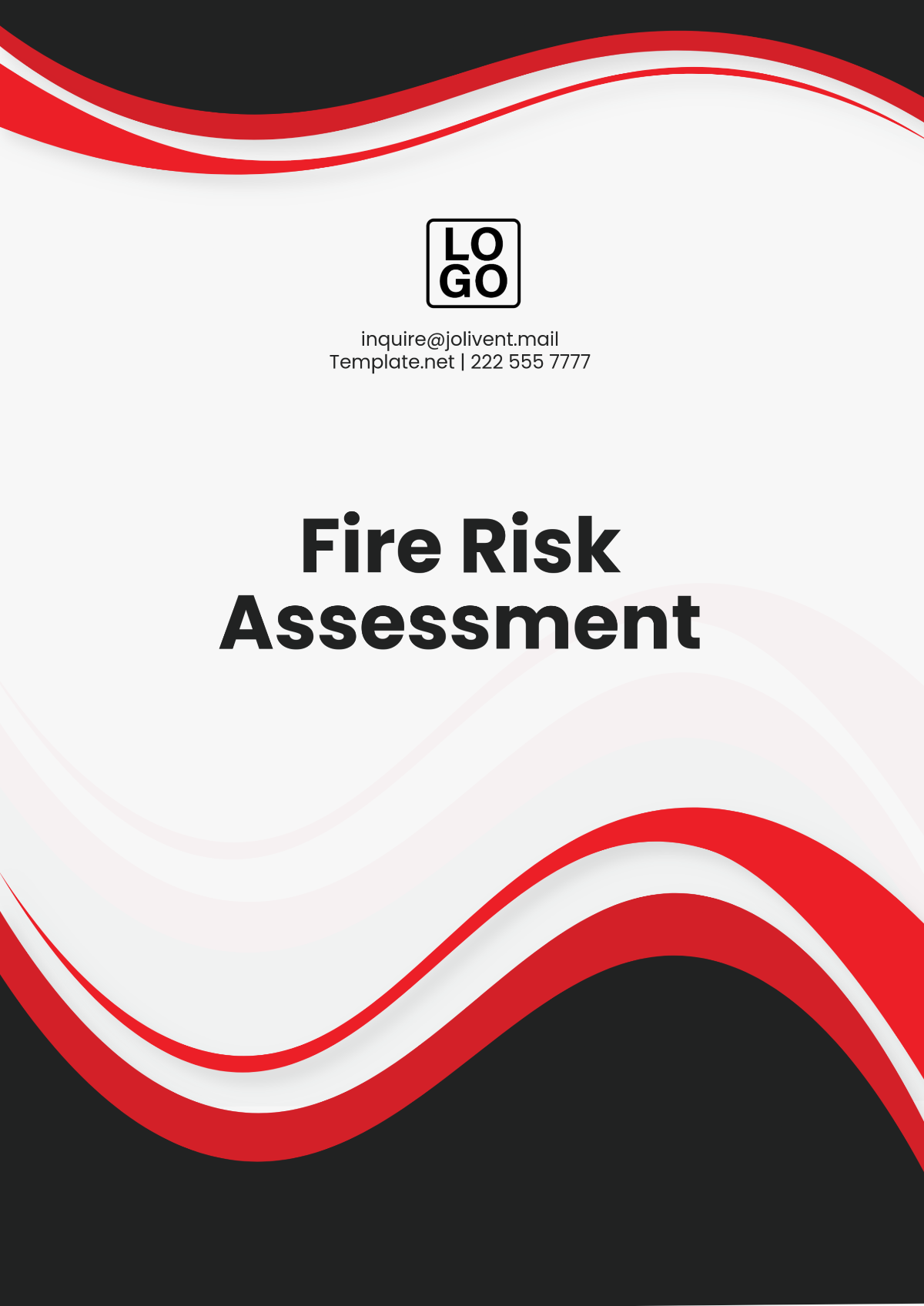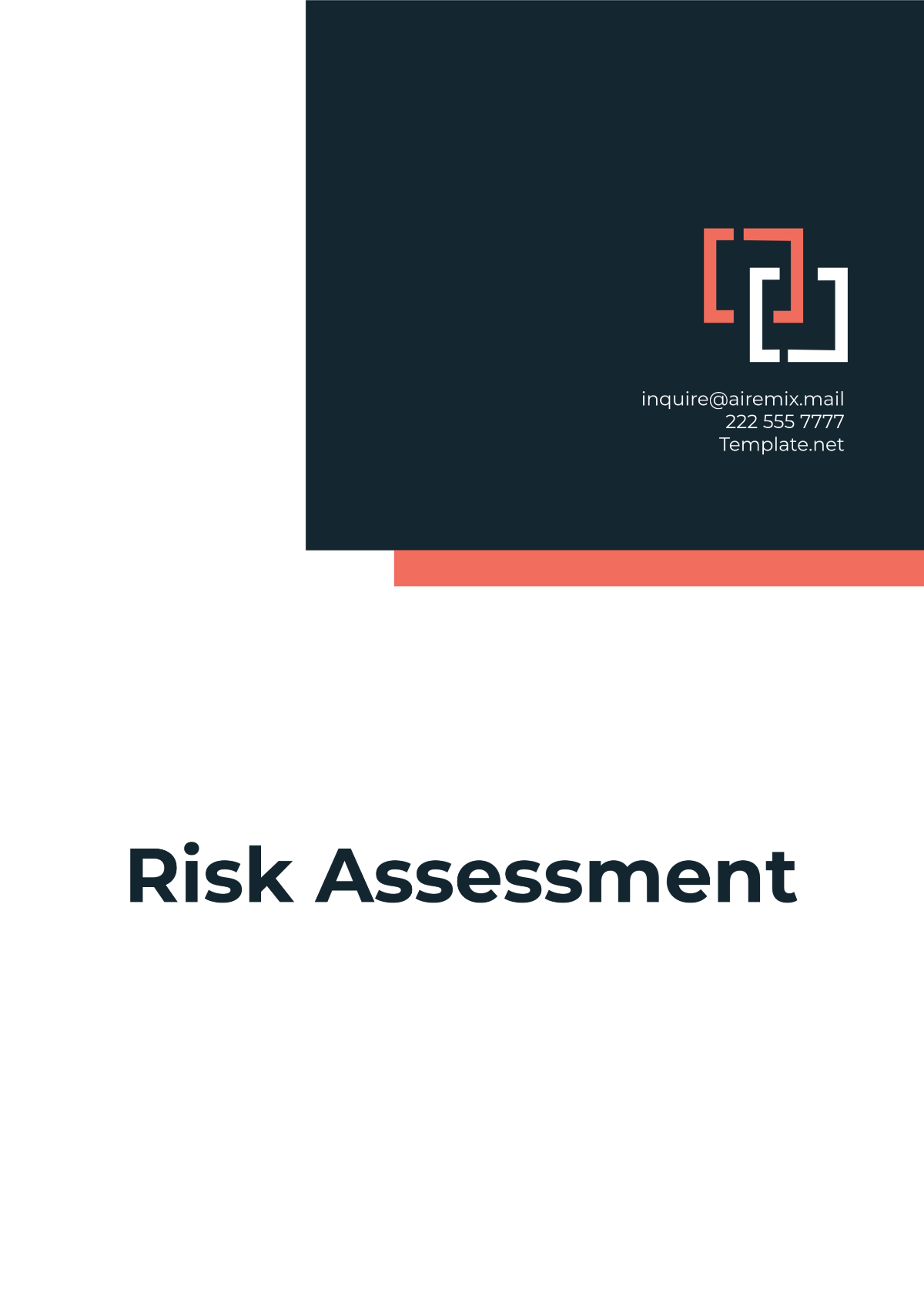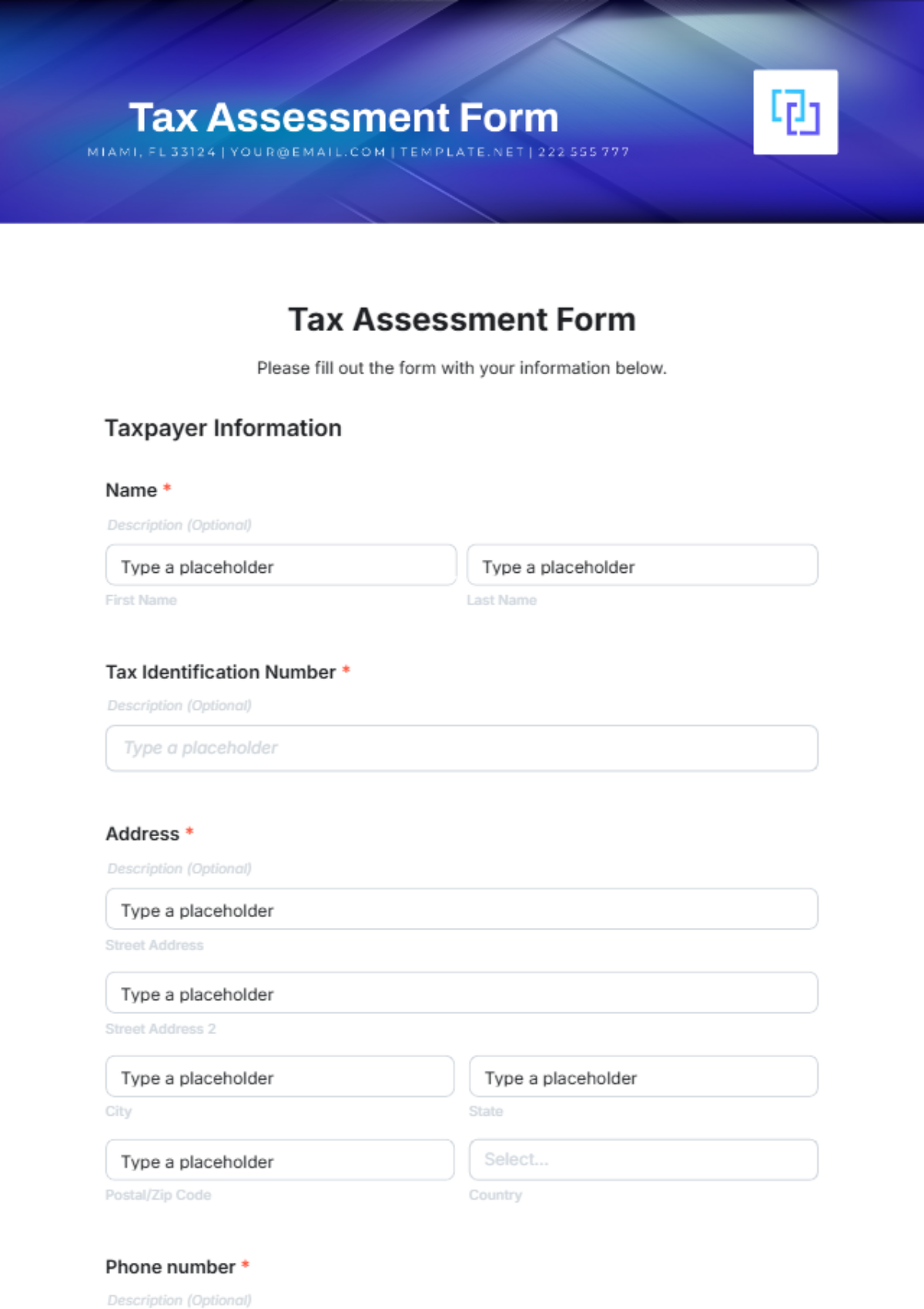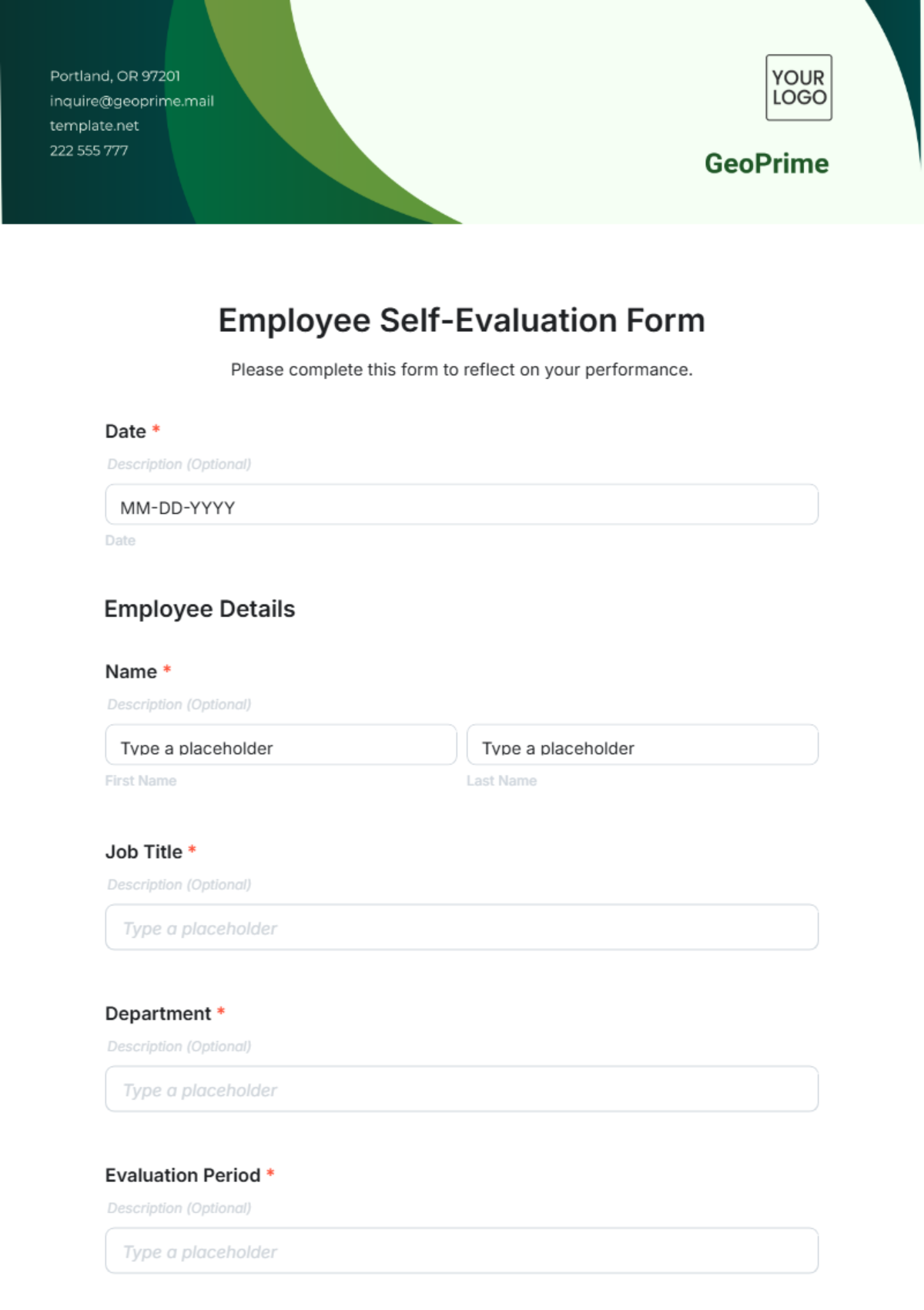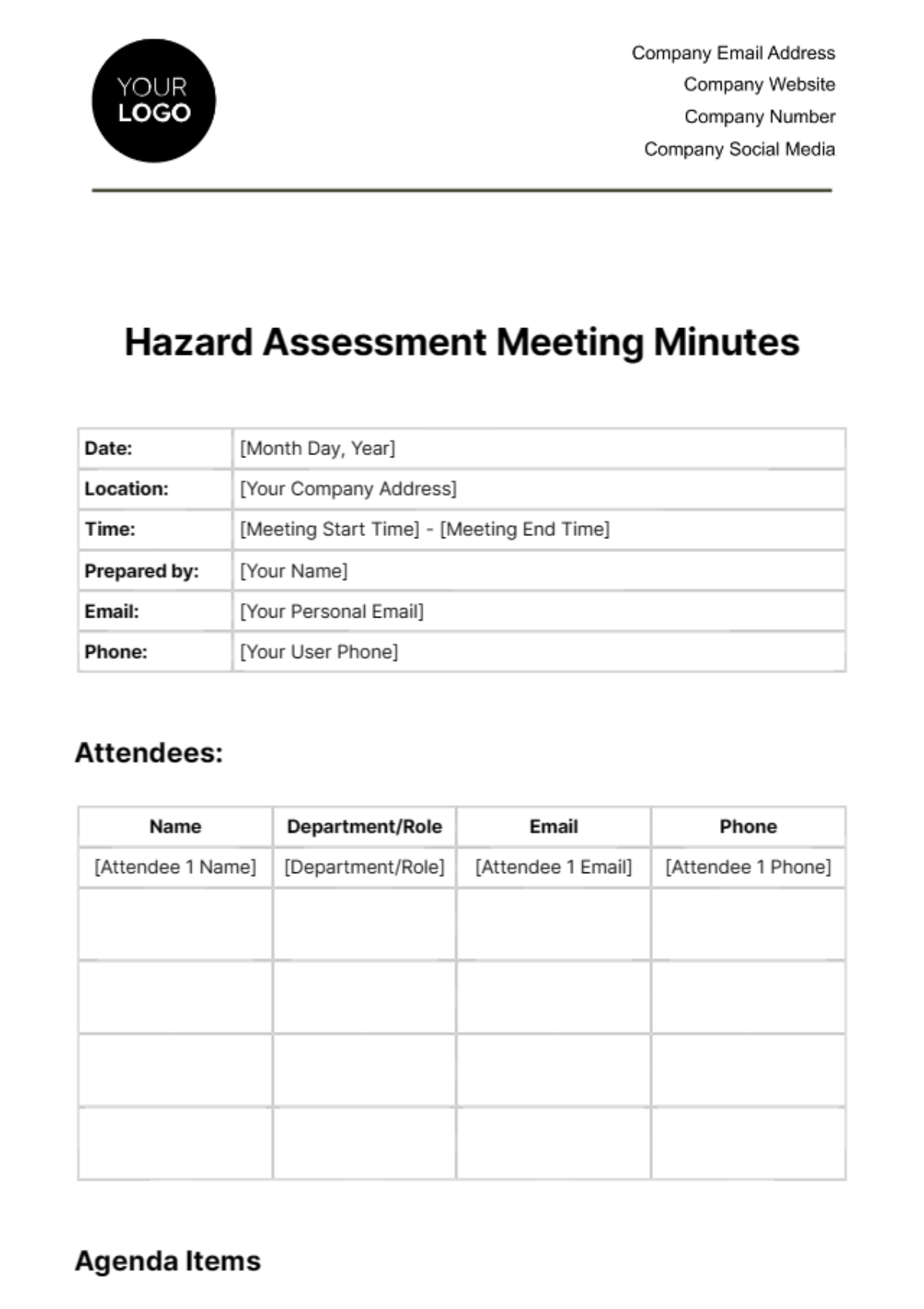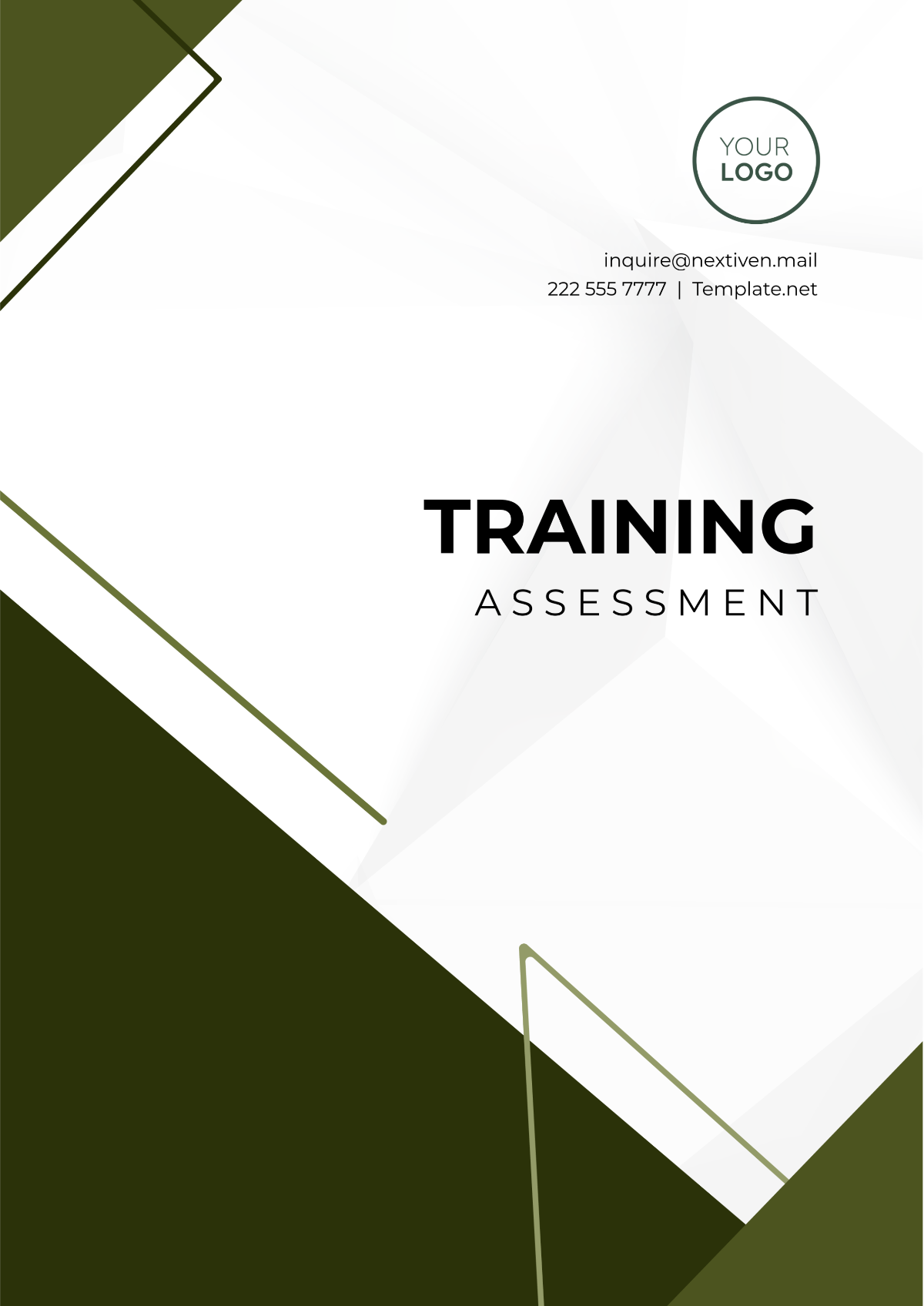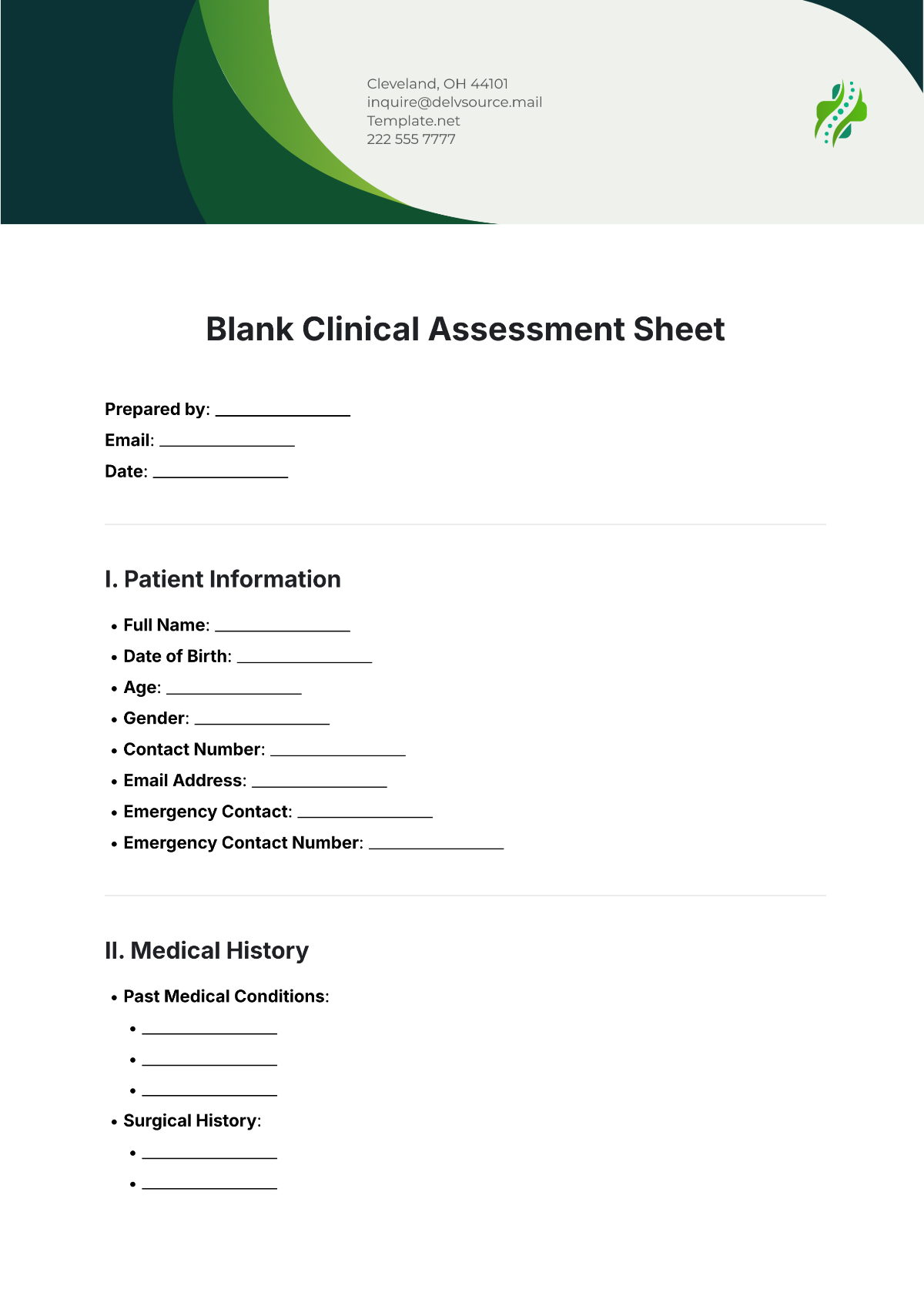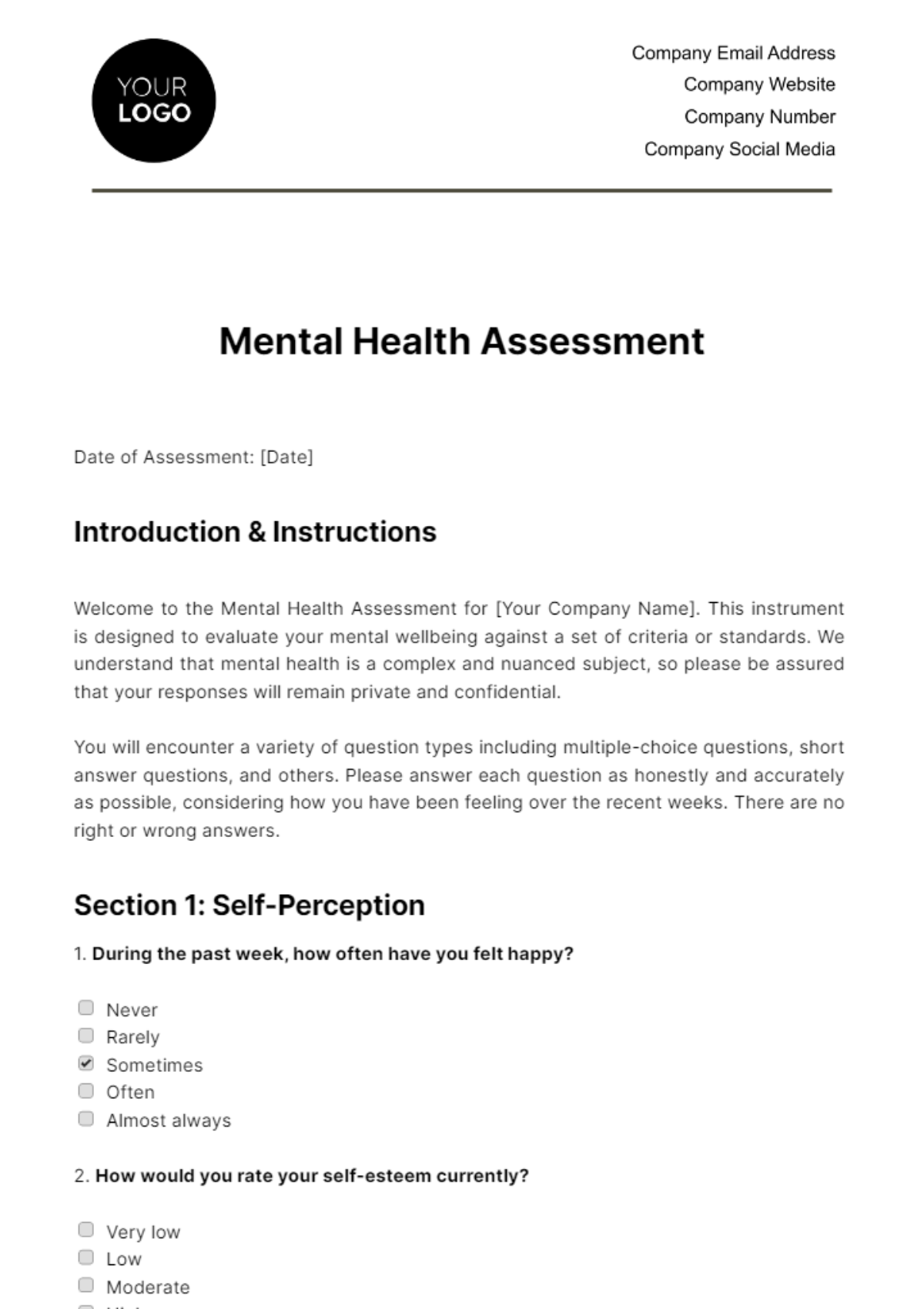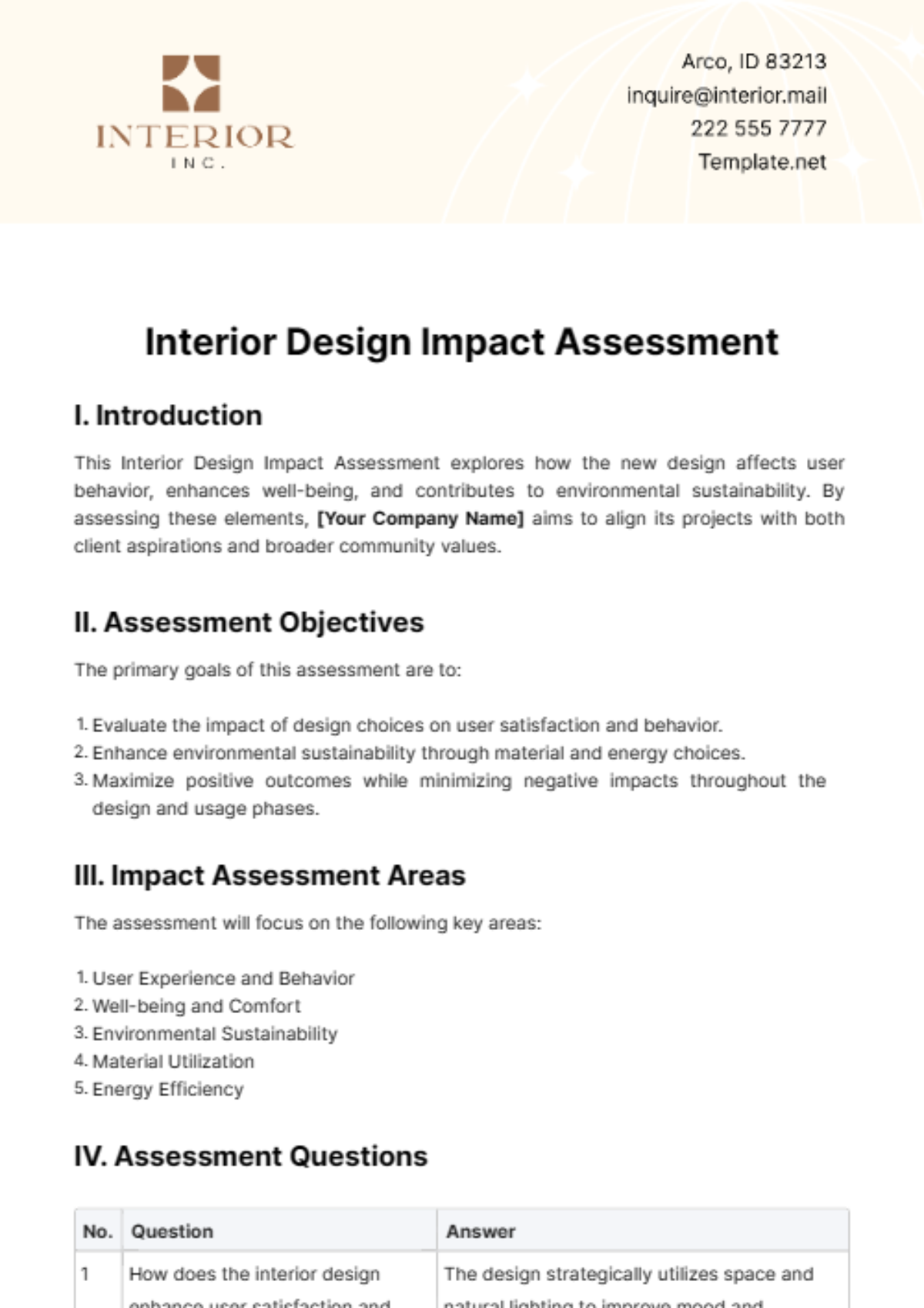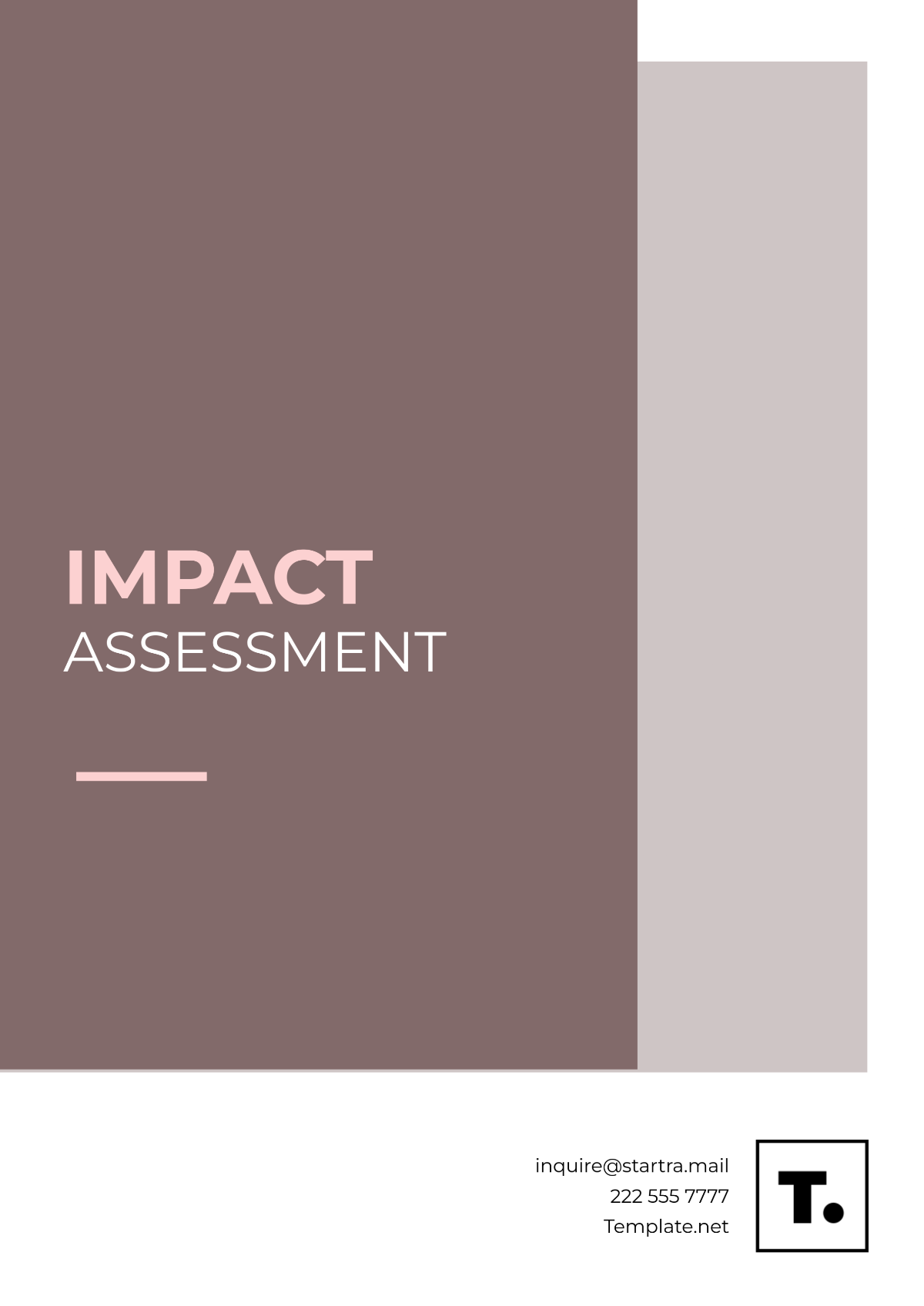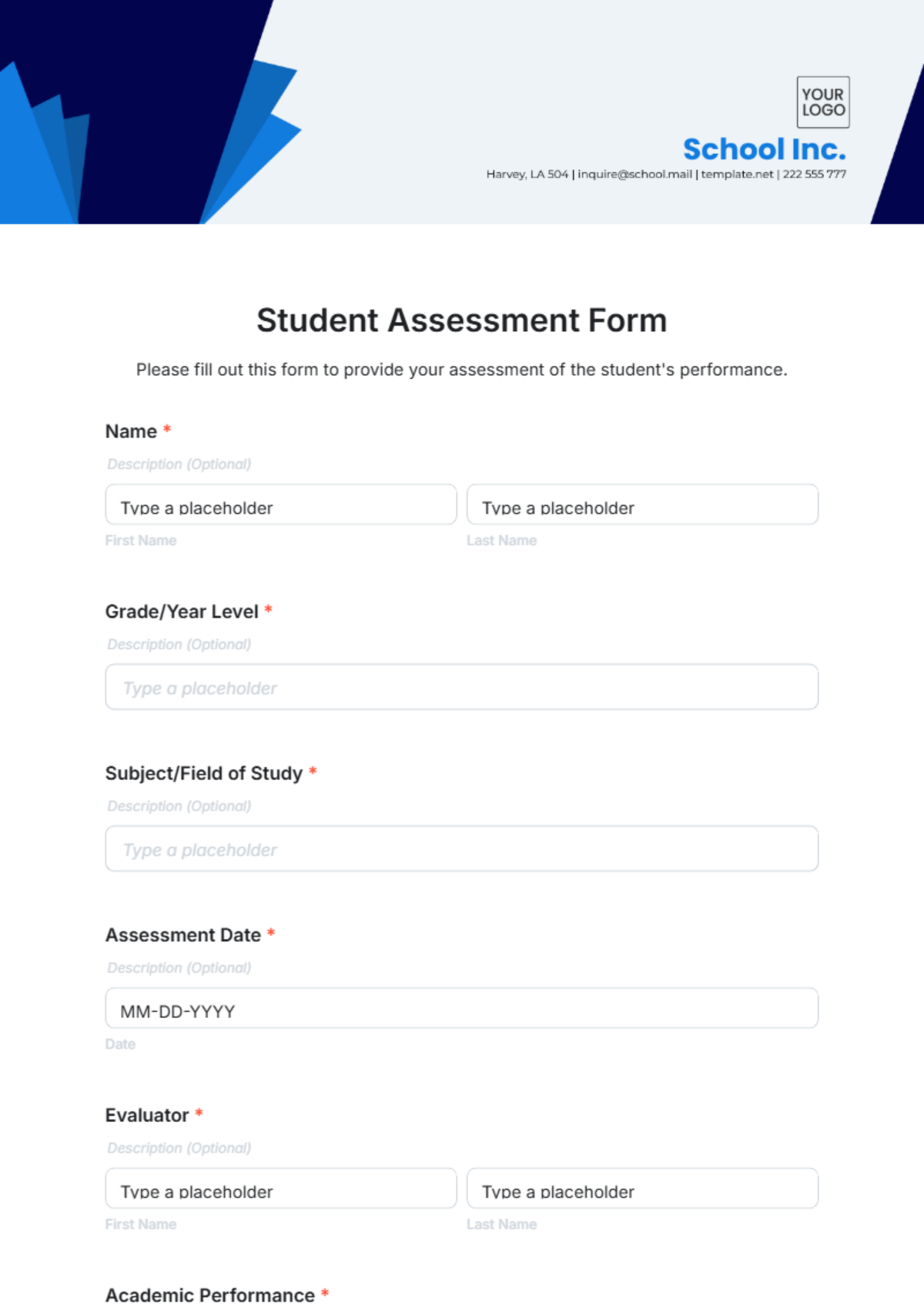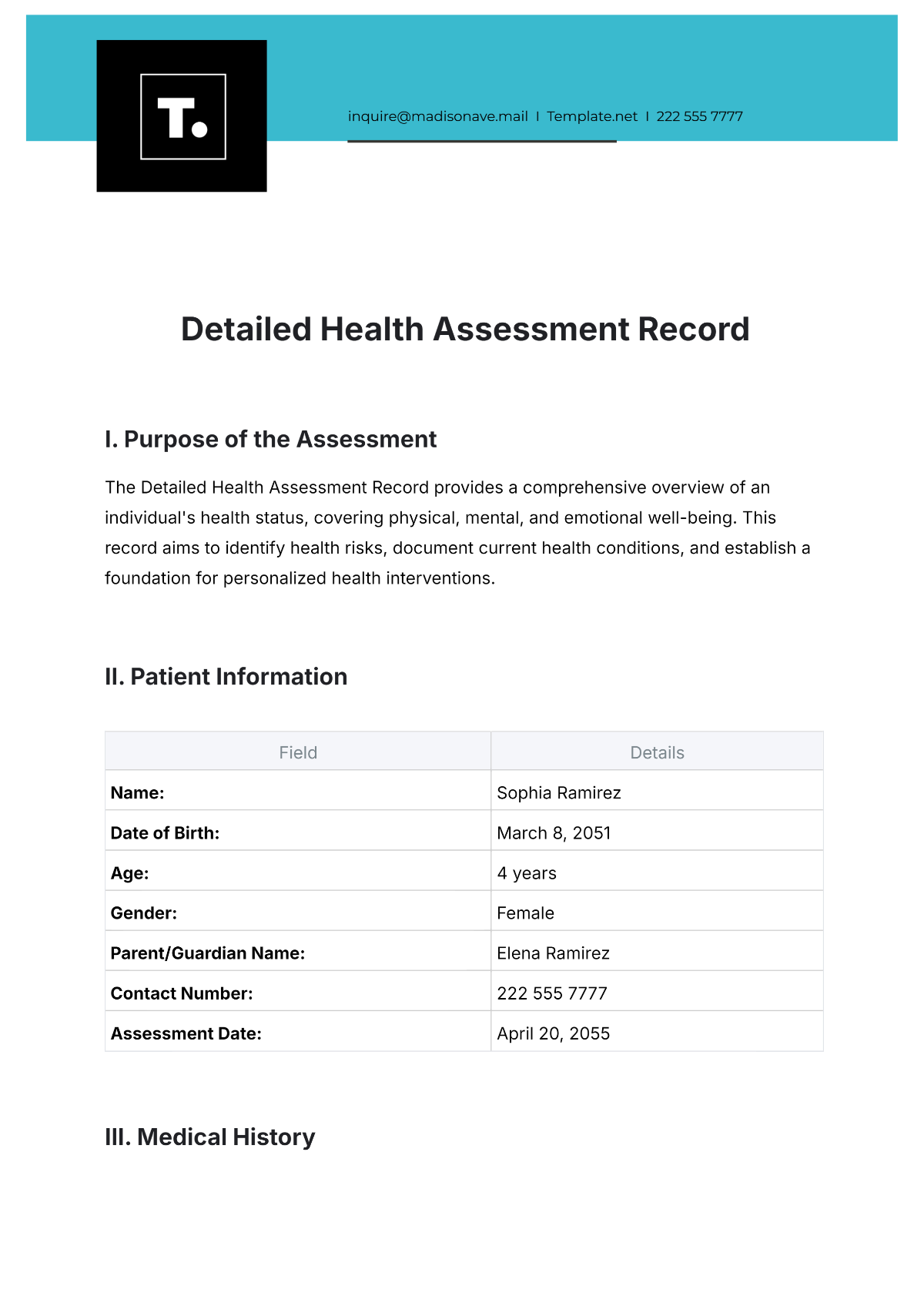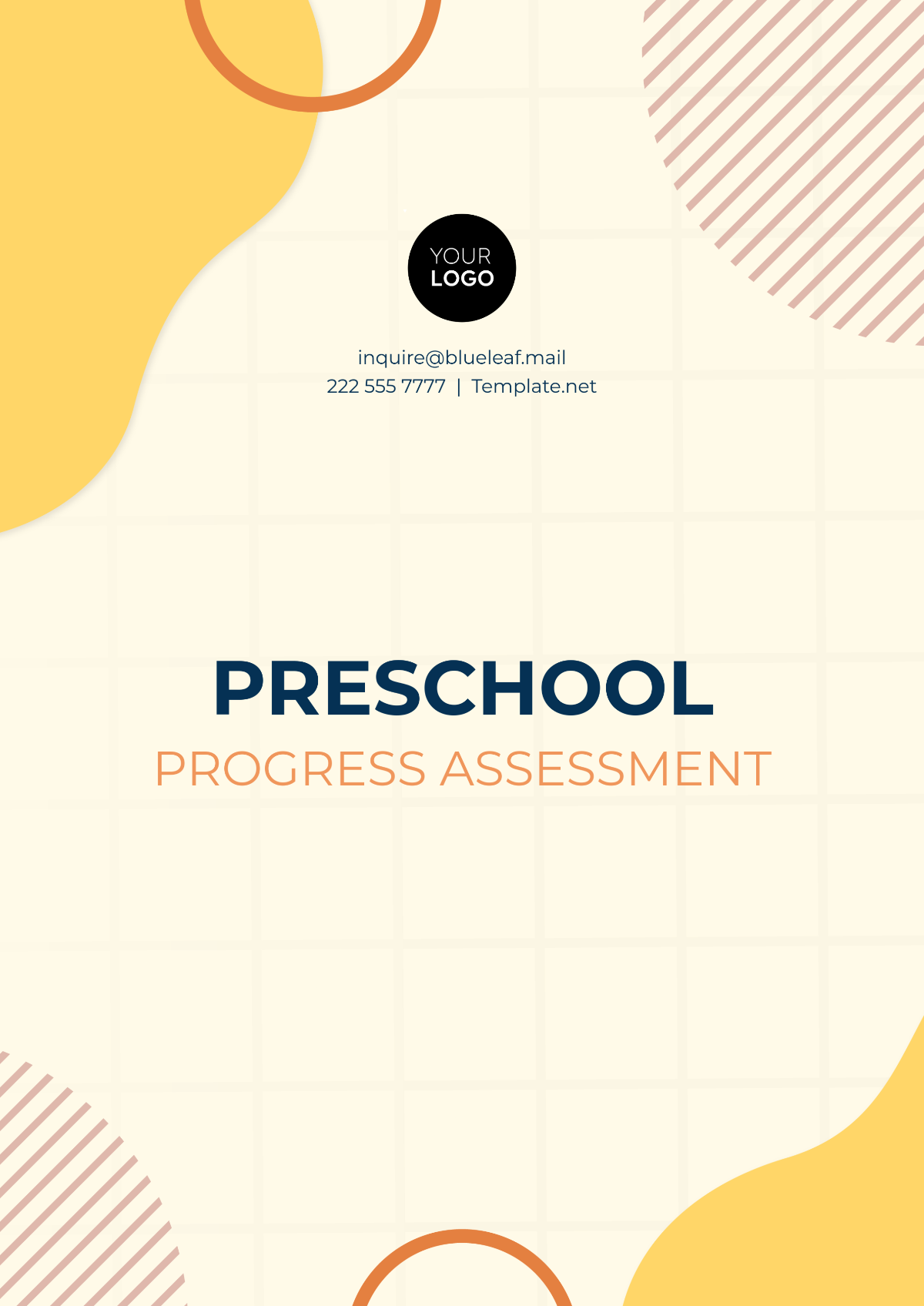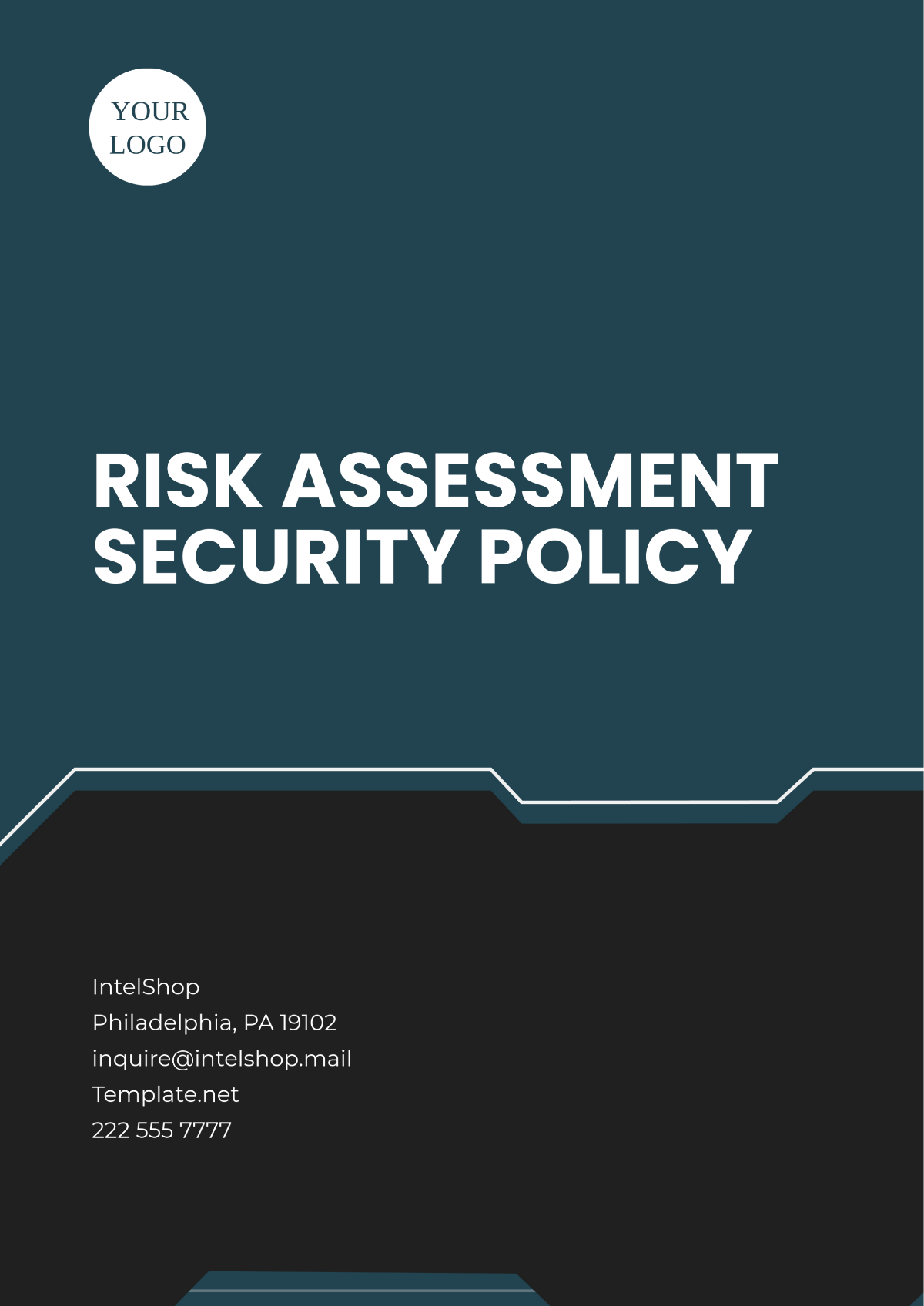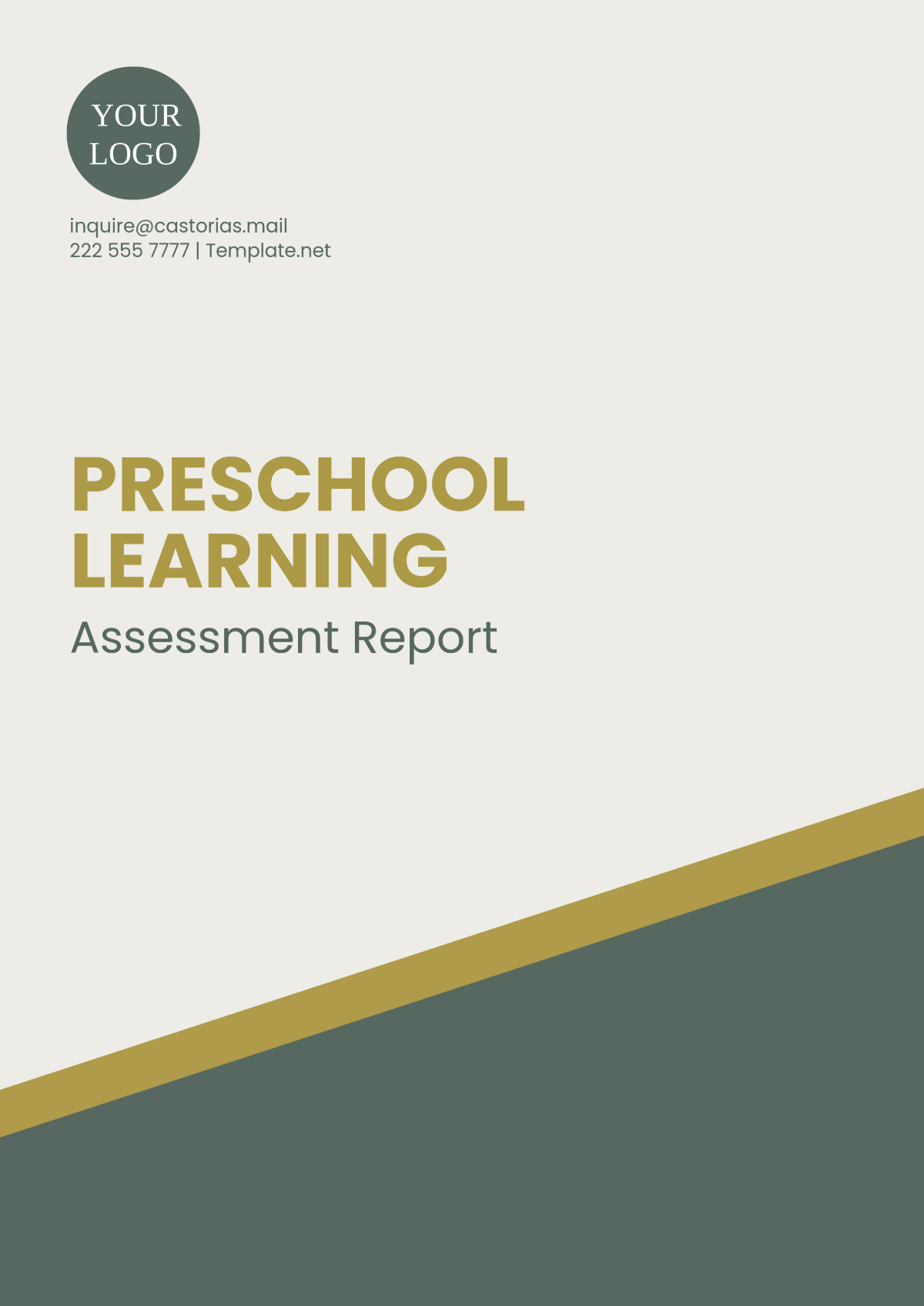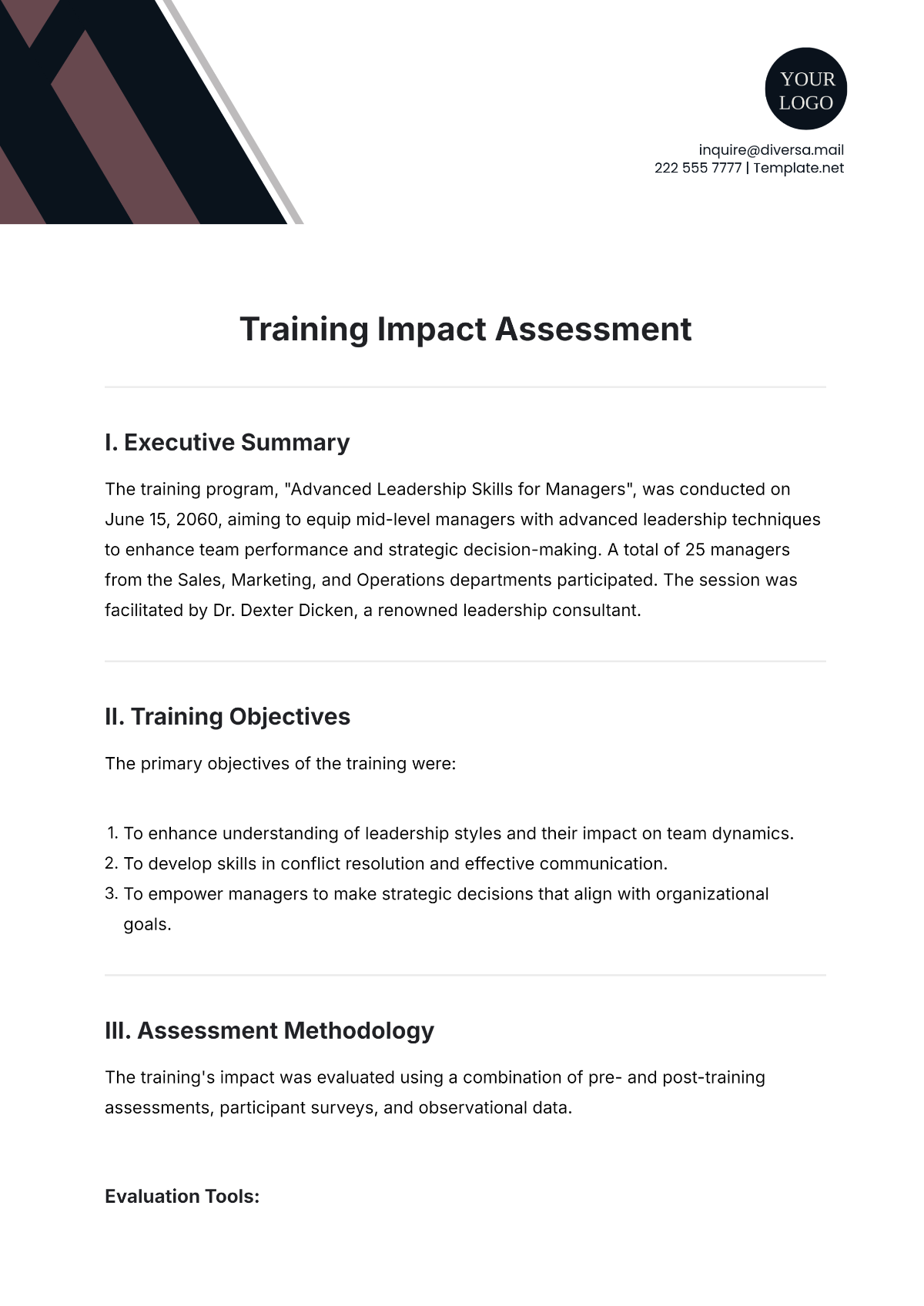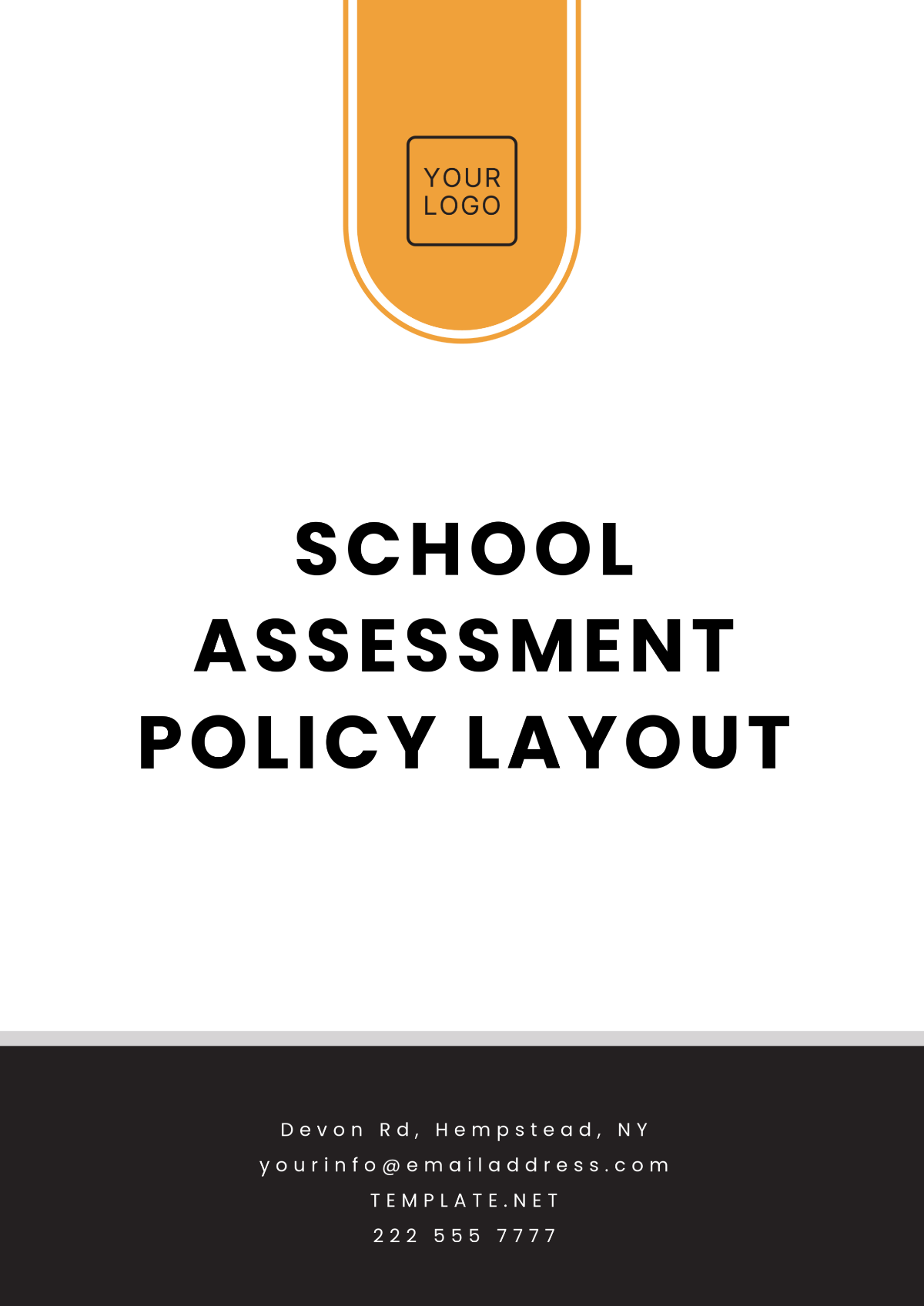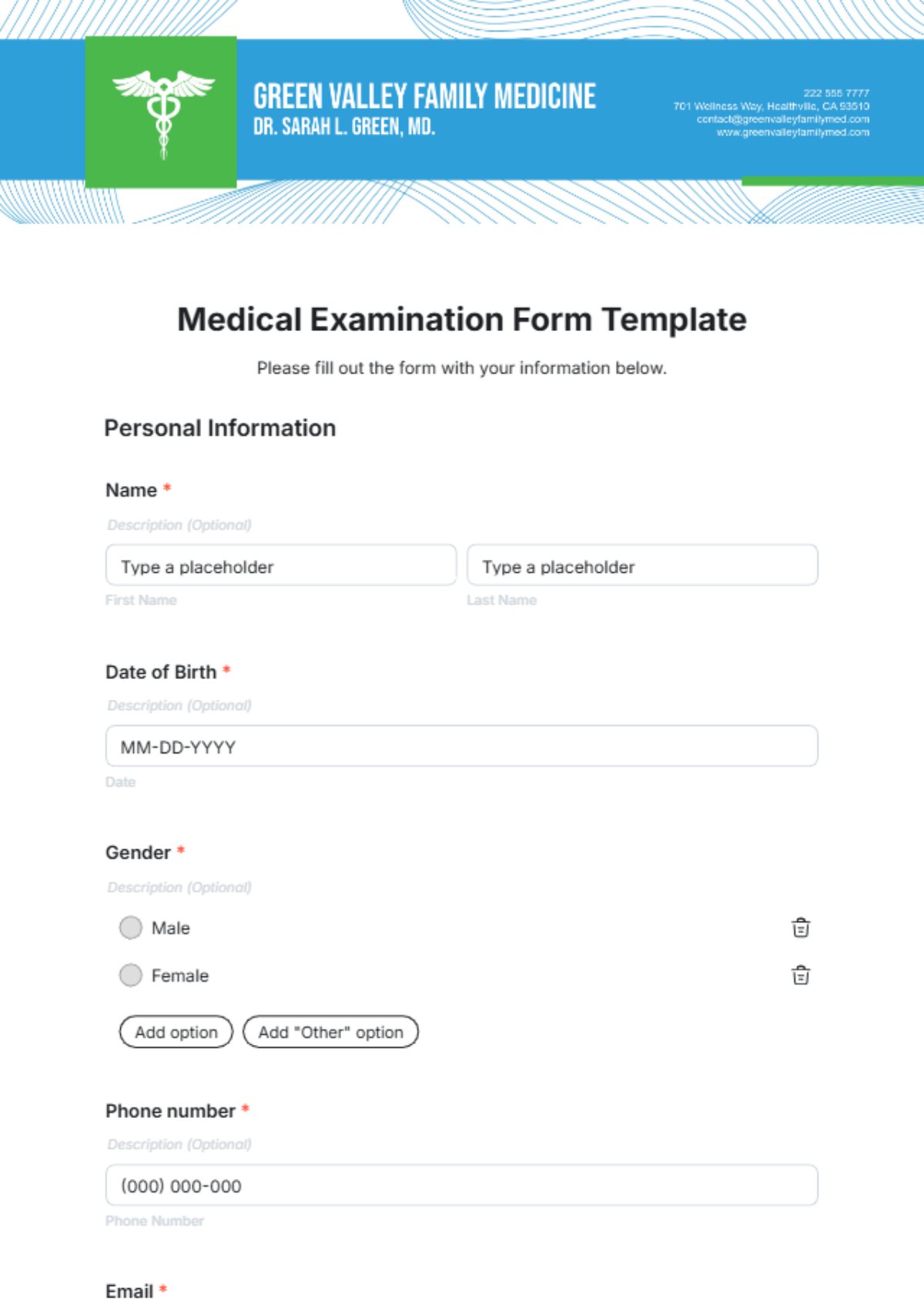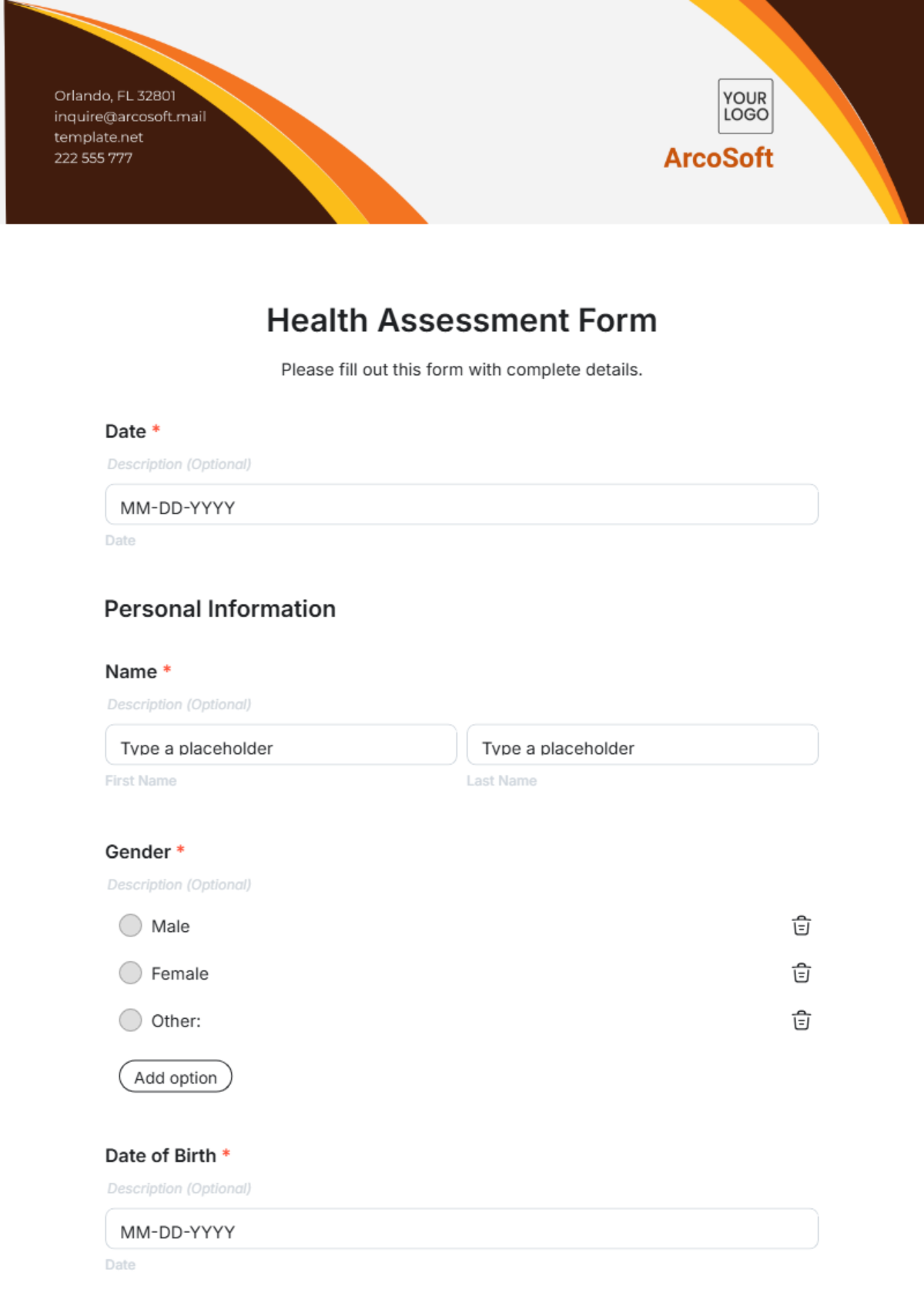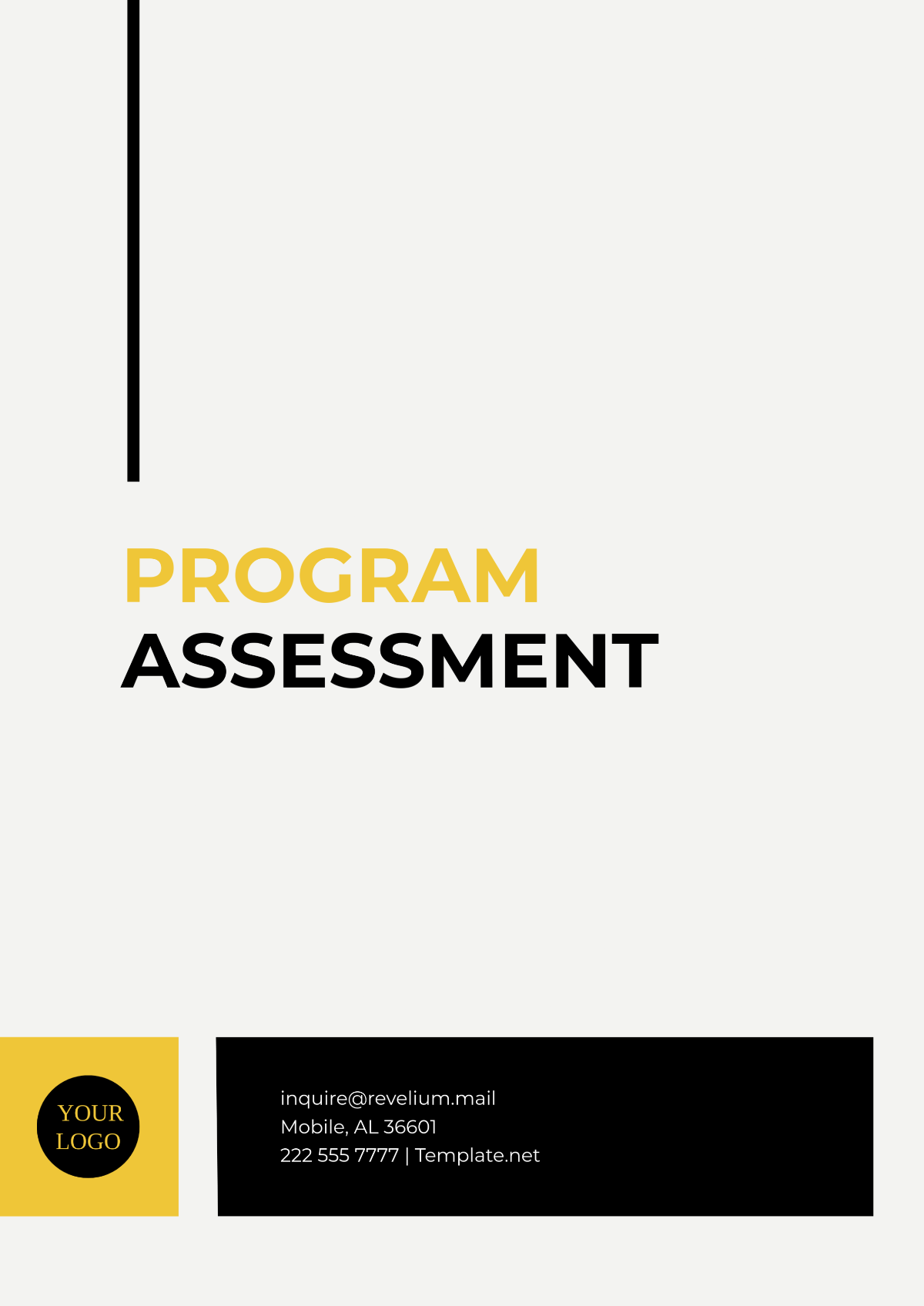Gym Risk Assessment Report
I. Introduction
The purpose of this Gym Risk Assessment Report is to identify, evaluate, and mitigate potential hazards within our gym environment. This assessment covers all areas and activities within the gym, including the general environment, equipment, specific activities, and member behavior. By conducting this comprehensive assessment, we aim to ensure the safety and well-being of all members and staff.
II. Methodology
A. Assessment Team
The risk assessment was conducted by a dedicated team comprising the following roles:
Gym Manager
Safety Officer
Fitness Trainers
Maintenance Staff
Front Desk Staff
B. Assessment Tools
To identify and evaluate risks, we used a combination of checklists, staff interviews, and direct observations. These tools enabled us to systematically assess each area and activity within the gym, ensuring a thorough evaluation of potential hazards.
C. Risk Criteria
Risks were assessed based on the following criteria:
Severity: The potential impact of the hazard if it occurs.
Likelihood: The probability of the hazard occurring.
Exposure: The frequency and duration of exposure to the hazard.
Existing Controls: The effectiveness of current measures in place to mitigate the hazard.
III. Identification of Hazards
A. General Environment
The general environment of the gym presents several potential hazards:
Lighting: Inadequate lighting in certain areas may cause visibility issues and increase the risk of accidents.
Flooring: Slippery or uneven flooring can lead to trips, slips, and falls.
Ventilation: Poor ventilation may cause discomfort and health issues for members and staff.
Temperature Control: Extreme temperatures can affect the safety and comfort of gym users.
B. Equipment
Gym equipment poses several risks if not properly maintained or used:
Treadmills: Malfunctioning treadmills can cause falls and injuries.
Weight Machines: Broken or improperly adjusted weight machines can lead to accidents.
Free Weights: Dropping heavy weights can cause injuries to users and those nearby.
Cardio Machines: Wear and tear on cardio machines can result in mechanical failures and injuries.
C. Activities
Certain gym activities carry inherent risks that must be managed:
Weightlifting: Improper technique or lifting excessive weights can cause injuries.
Cardio Classes: High-intensity workouts may lead to overexertion and health issues.
Group Classes: Crowded classes can increase the risk of accidents and injuries.
Personal Training: Inadequate supervision during personal training sessions can result in improper exercise execution.
D. Member Behavior
Member behavior can significantly impact safety in the gym:
Improper Use of Equipment: Members using equipment incorrectly can cause accidents and injuries.
Lack of Supervision: Insufficient supervision can lead to unsafe practices and increased risk of accidents.
Ignoring Safety Guidelines: Members not adhering to safety rules and guidelines can create hazardous situations.
Overexertion: Members pushing beyond their limits without proper guidance can result in injuries and health issues.
IV. Risk Evaluation
Each identified hazard has been evaluated based on its likelihood of occurrence and potential impact. This assessment allows us to prioritize risks and develop appropriate mitigation strategies. The table below summarizes the evaluation:
Hazard | Likelihood | Impact |
|---|---|---|
Inadequate Lighting | Medium | Moderate |
Slippery/Uneven Flooring | High | Severe |
Poor Ventilation | Low | Moderate |
Temperature Control | Medium | Minor |
Malfunctioning Treadmills | Low | Severe |
Broken Weight Machines | Medium | Severe |
Dropping Free Weights | High | Severe |
Cardio Machine Failures | Low | Severe |
Improper Weightlifting | Medium | Severe |
Overexertion in Cardio | Medium | Moderate |
Crowded Group Classes | Medium | Moderate |
Inadequate Supervision | Medium | Severe |
Improper Equipment Use | High | Severe |
Ignoring Safety Guidelines | Medium | Severe |
Member Overexertion | Medium | Severe |
V. Risk Mitigation Plan
To address the identified risks, we have developed comprehensive mitigation strategies:
Inadequate Lighting: We will upgrade the lighting system in all areas of the gym, ensuring that all spaces are well-lit. Regular maintenance checks will be conducted to replace any faulty lighting promptly.
Slippery/Uneven Flooring: Non-slip mats will be installed in areas prone to slipping. Regular inspections and prompt repairs of any uneven surfaces will be conducted to prevent trips and falls.
Poor Ventilation: We will improve the ventilation system to ensure a constant supply of fresh air throughout the gym. This includes regular maintenance of air conditioning units and installing additional vents if necessary.
Temperature Control: We will install and maintain a reliable HVAC system to regulate temperatures within the gym, ensuring a comfortable environment for all users.
Malfunctioning Treadmills: Regular maintenance and inspections of treadmills will be conducted to ensure they are in good working condition. Any malfunctioning equipment will be promptly repaired or replaced.
Broken Weight Machines: Weight machines will undergo routine maintenance checks, and any broken or worn parts will be repaired or replaced immediately to prevent accidents.
Dropping Free Weights: We will provide clear guidelines and training on the proper handling of free weights. Spotters will be available to assist members during heavy lifting.
Cardio Machine Failures: Regular inspections and maintenance of cardio machines will be conducted to identify and fix any potential issues before they result in failures.
Improper Weightlifting: We will offer training sessions and workshops on proper weightlifting techniques to prevent injuries. Fitness trainers will be available to provide guidance and support.
Overexertion in Cardio: Cardio class instructors will monitor participants to ensure they are not overexerting themselves. Clear guidelines on pacing and intensity will be provided.
Crowded Group Classes: We will limit the number of participants in group classes to ensure there is adequate space for safe movement. Additional class sessions will be offered to accommodate demand.
Inadequate Supervision: We will ensure that there is adequate supervision on the gym floor during all operational hours. Staff will be trained to identify and correct unsafe practices.
Improper Equipment Use: Clear instructional signage will be placed near each piece of equipment. Staff will provide guidance and demonstrations on the proper use of gym equipment.
Ignoring Safety Guidelines: We will reinforce the importance of following safety guidelines through regular communication and signage. Members will be reminded of safety protocols during orientations and classes.
Member Overexertion: We will provide guidance on safe exercise practices and encourage members to listen to their bodies and avoid overexertion. Fitness trainers will be available to offer personalized advice and support.
VI. Implementation Plan
To effectively implement the risk mitigation strategies, we have developed a detailed plan with specific steps, timelines, and assigned responsibilities:
Step | Timeline | Responsibility |
|---|---|---|
Upgrade lighting system | ||
Install non-slip mats | ||
Improve ventilation system | ||
Install HVAC system | ||
Conduct treadmill maintenance | ||
Routine weight machine inspections | ||
Provide free weight handling training | ||
Inspect and maintain cardio machines | ||
Offer weightlifting technique workshops | ||
Monitor cardio class intensity | ||
Limit group class sizes | ||
Ensure adequate supervision | ||
Place instructional signage | ||
Communicate safety guidelines | ||
Provide personalized exercise advice |
VII. Monitoring and Review
Monitoring and review of the risk mitigation strategies will be conducted regularly to ensure their effectiveness. This will involve periodic inspections, feedback from members and staff, and analysis of incident reports to identify any areas for improvement. The safety officer will lead the monitoring process, with monthly reviews and annual comprehensive evaluations. Continuous improvement will be a key focus, ensuring that our gym remains a safe and welcoming environment for all users.

